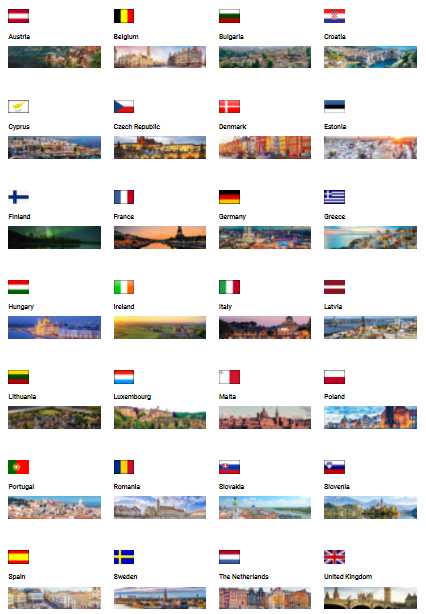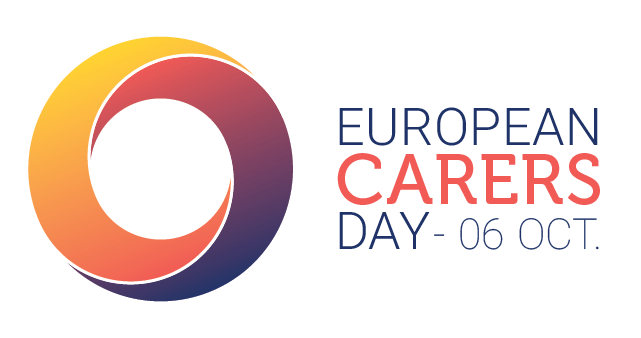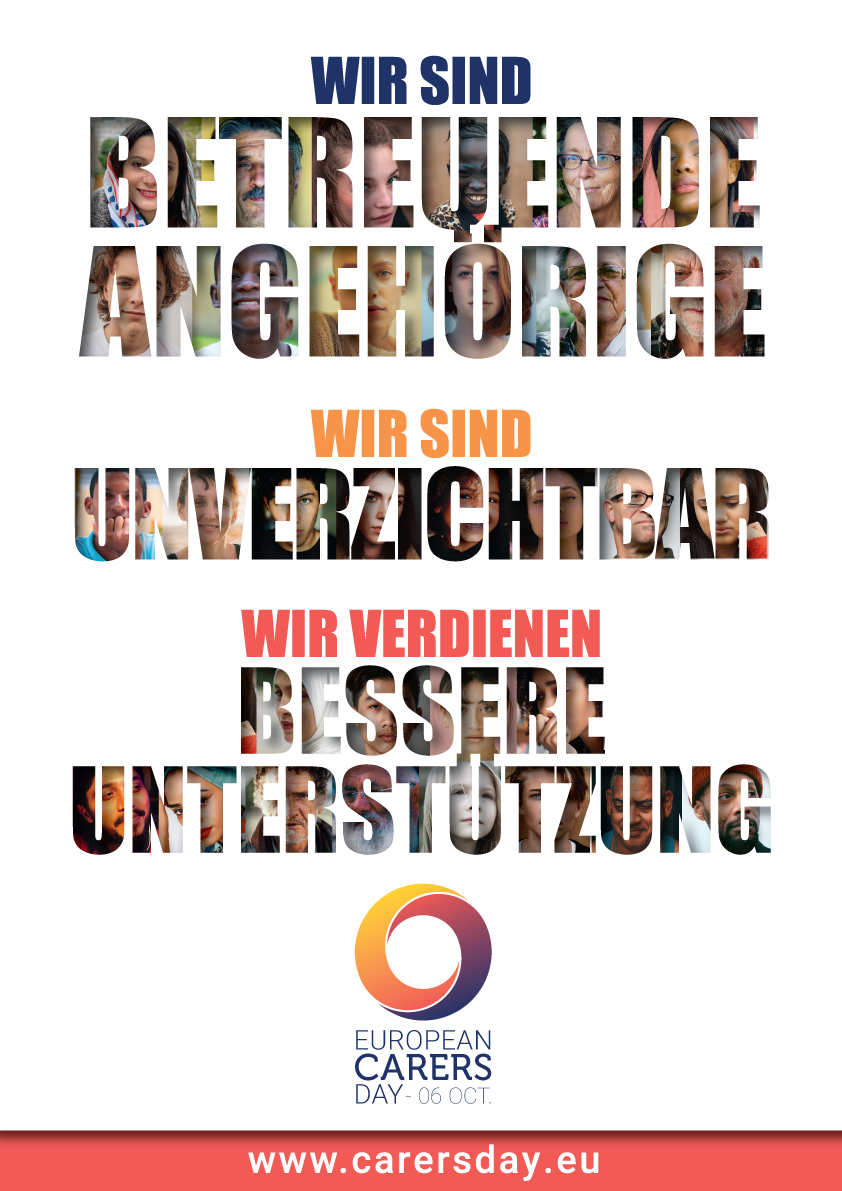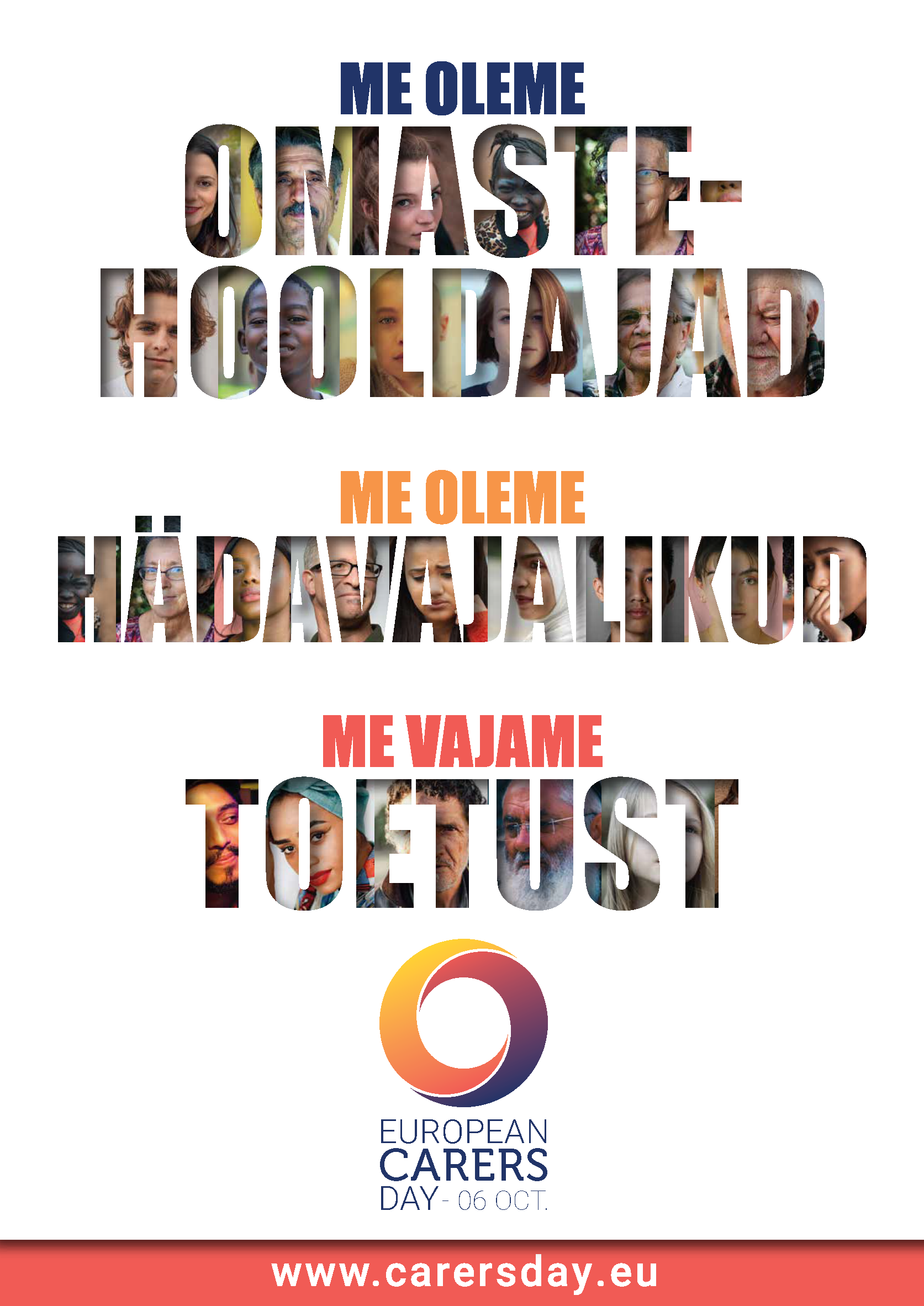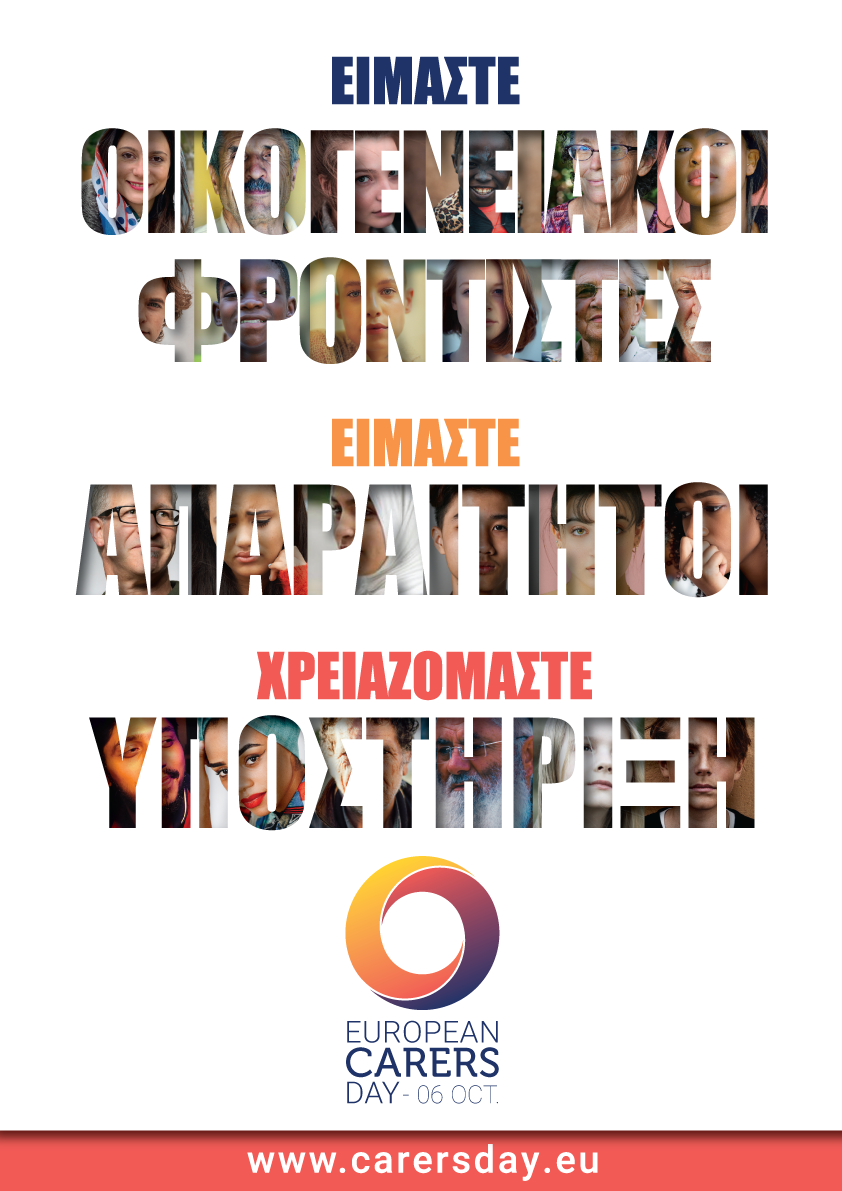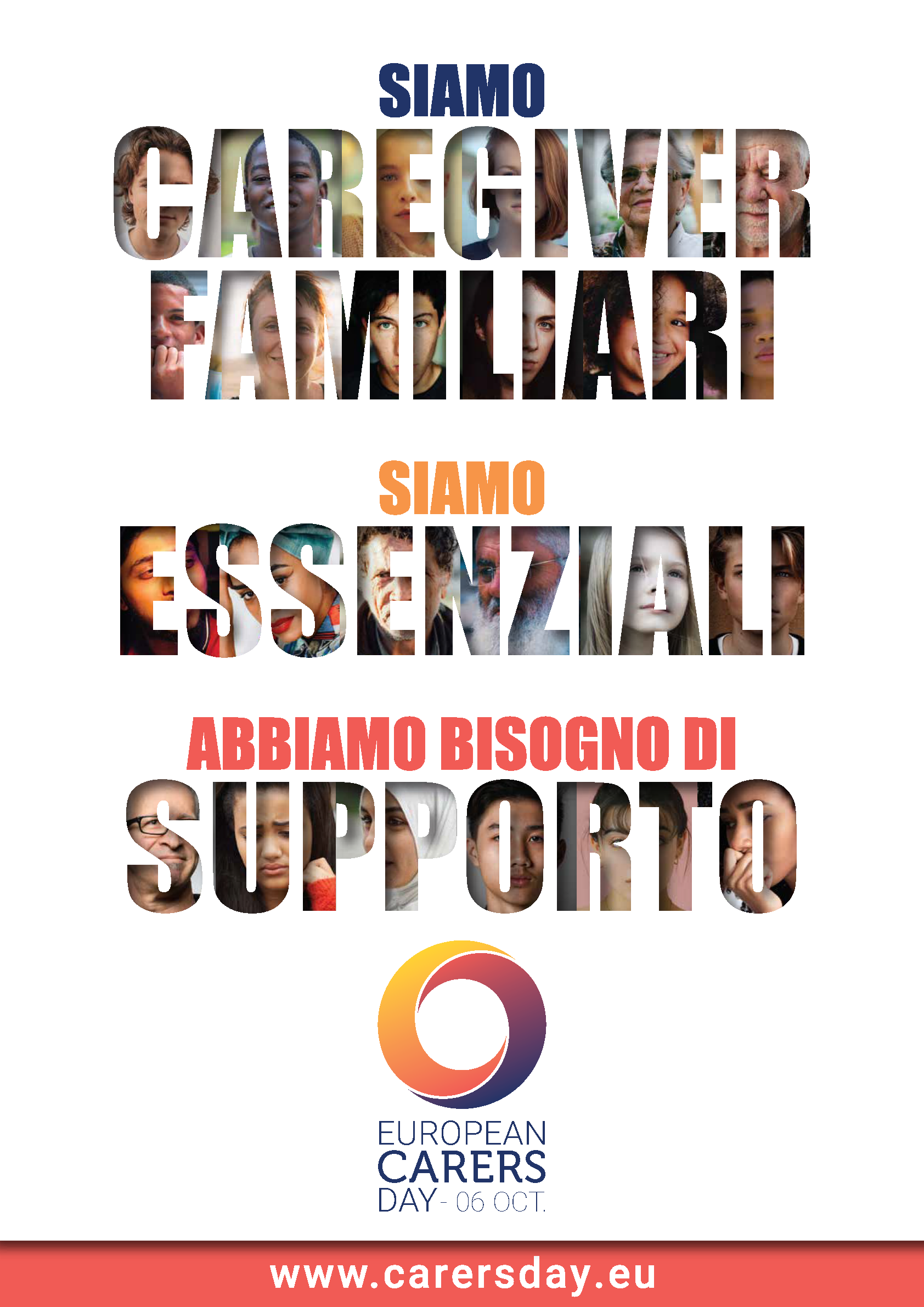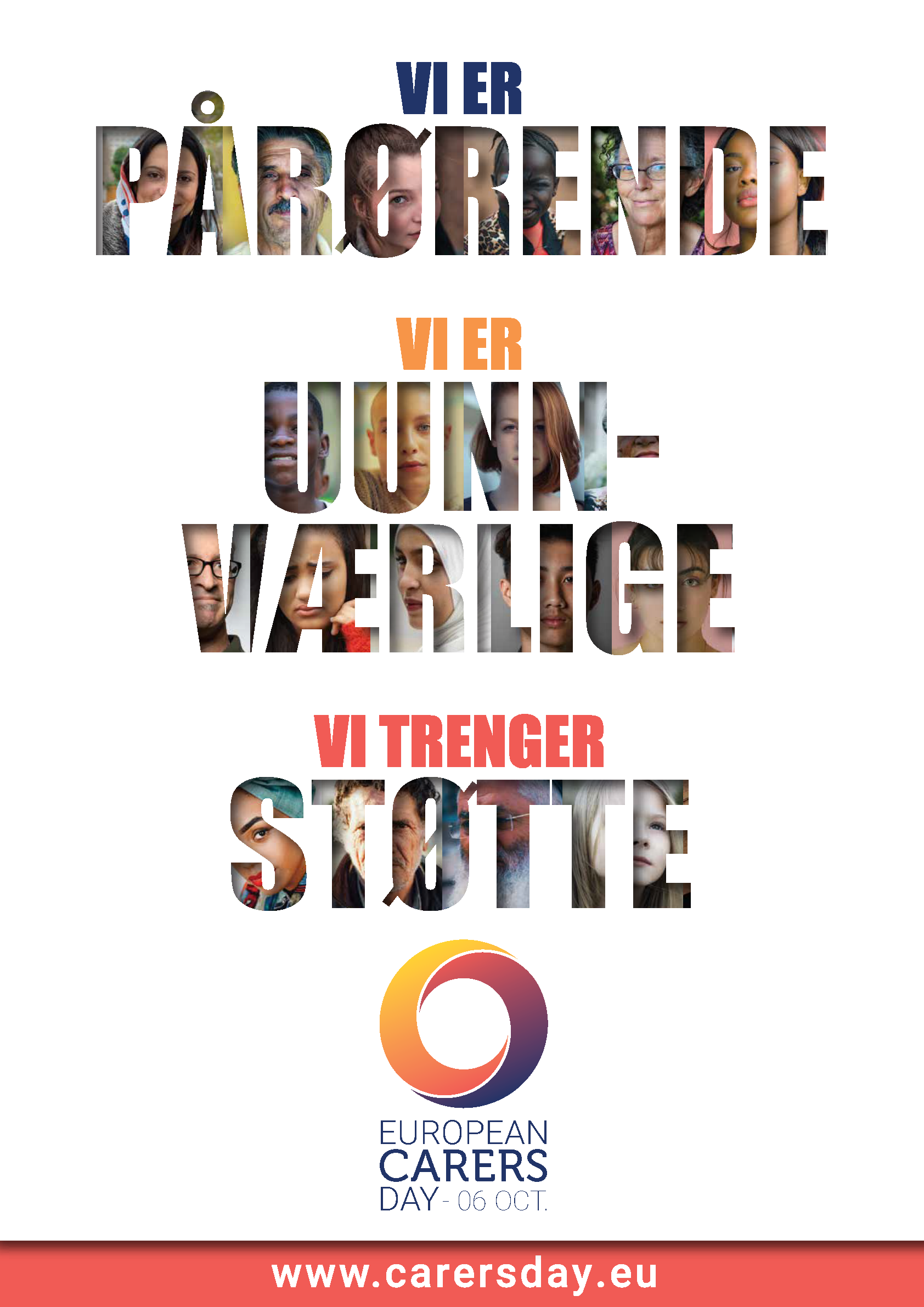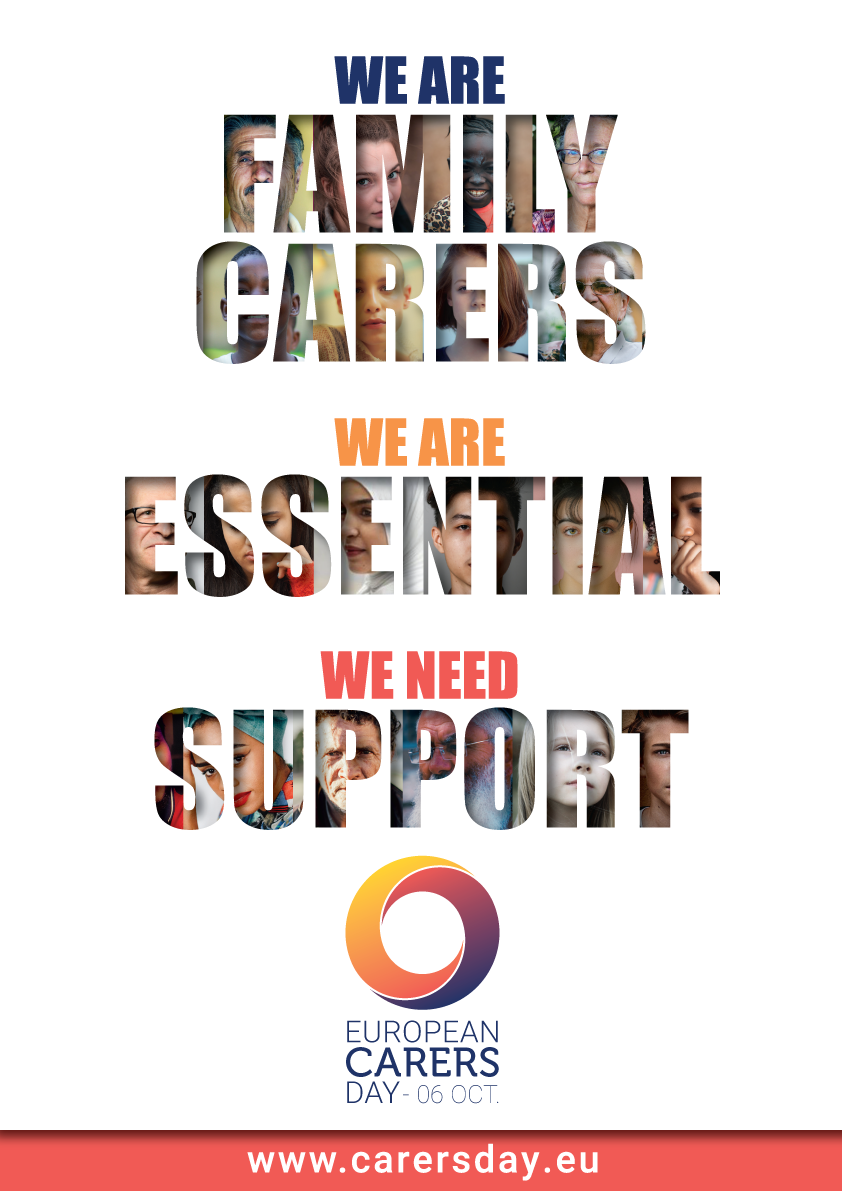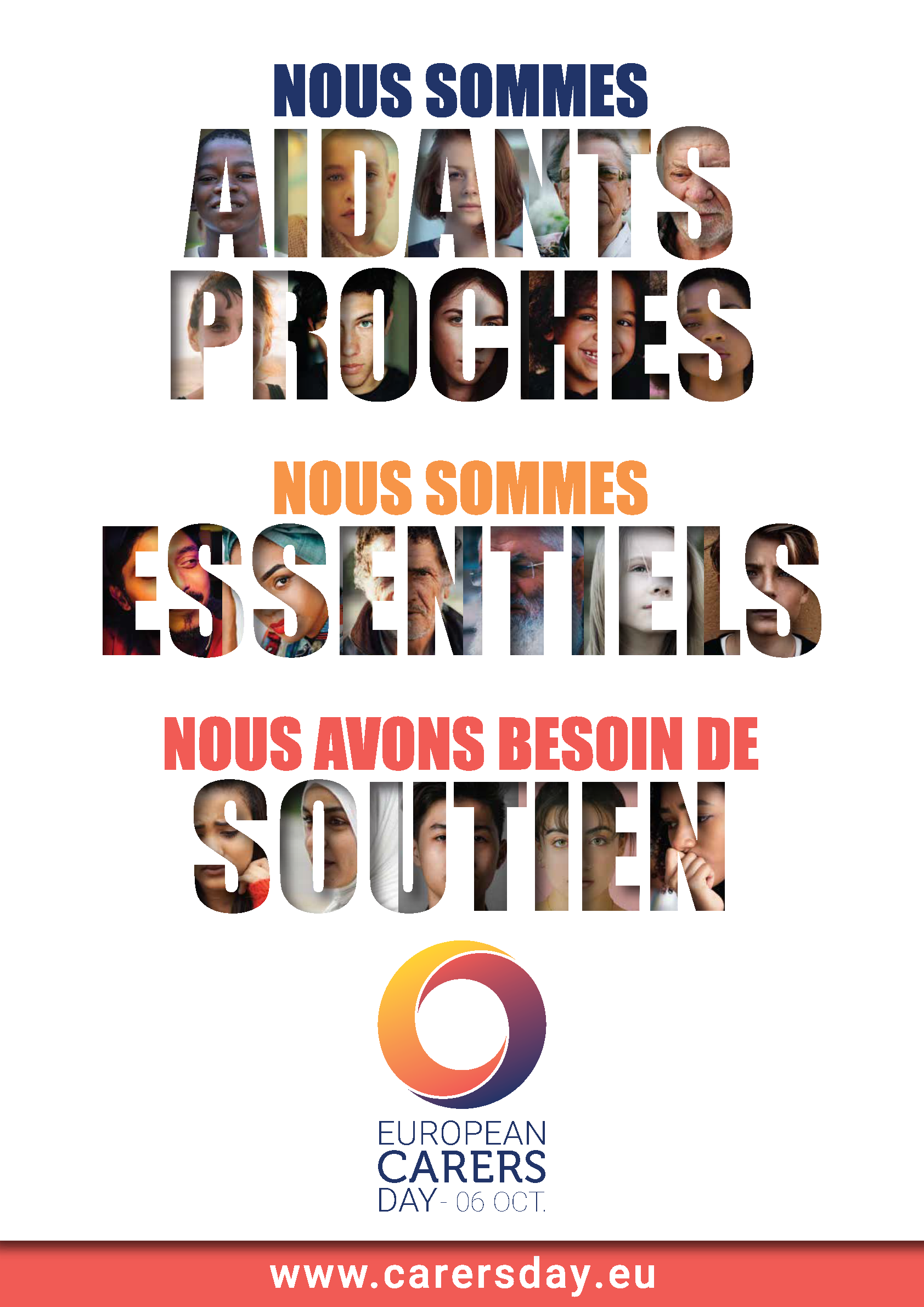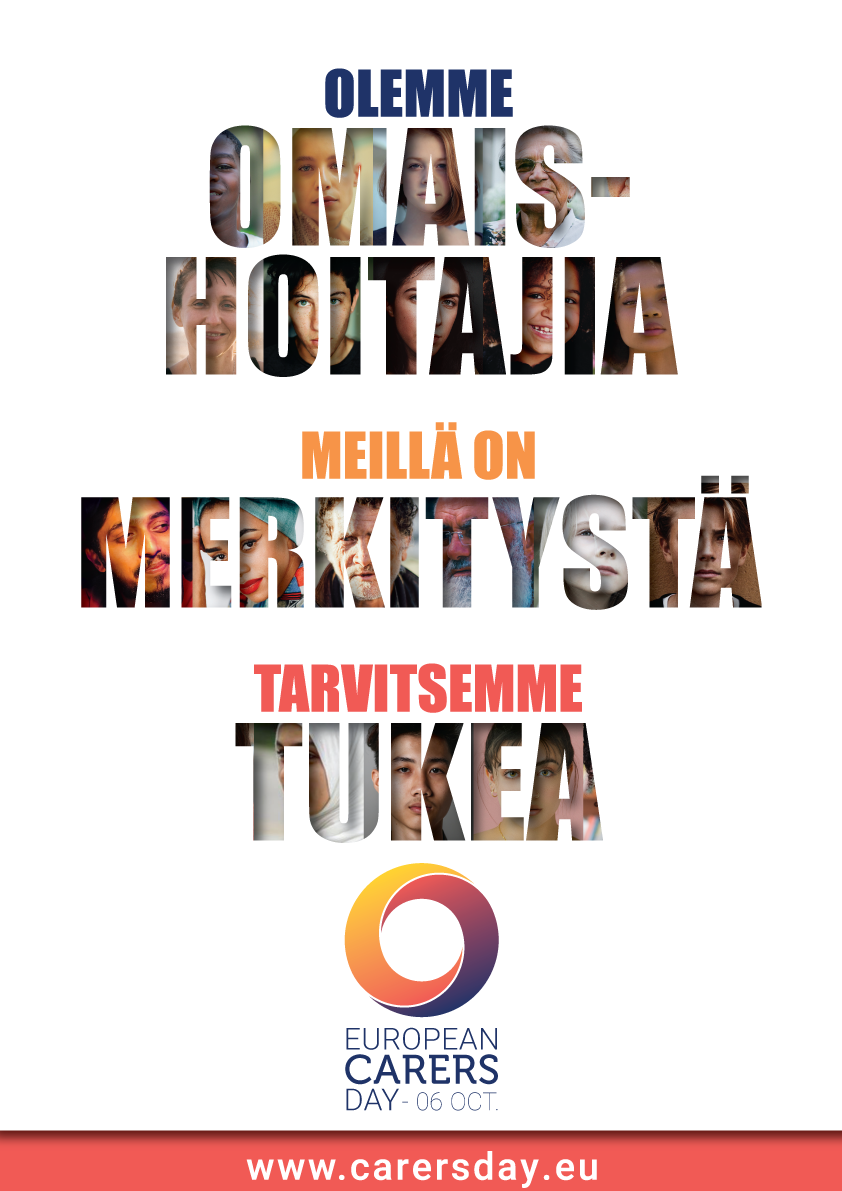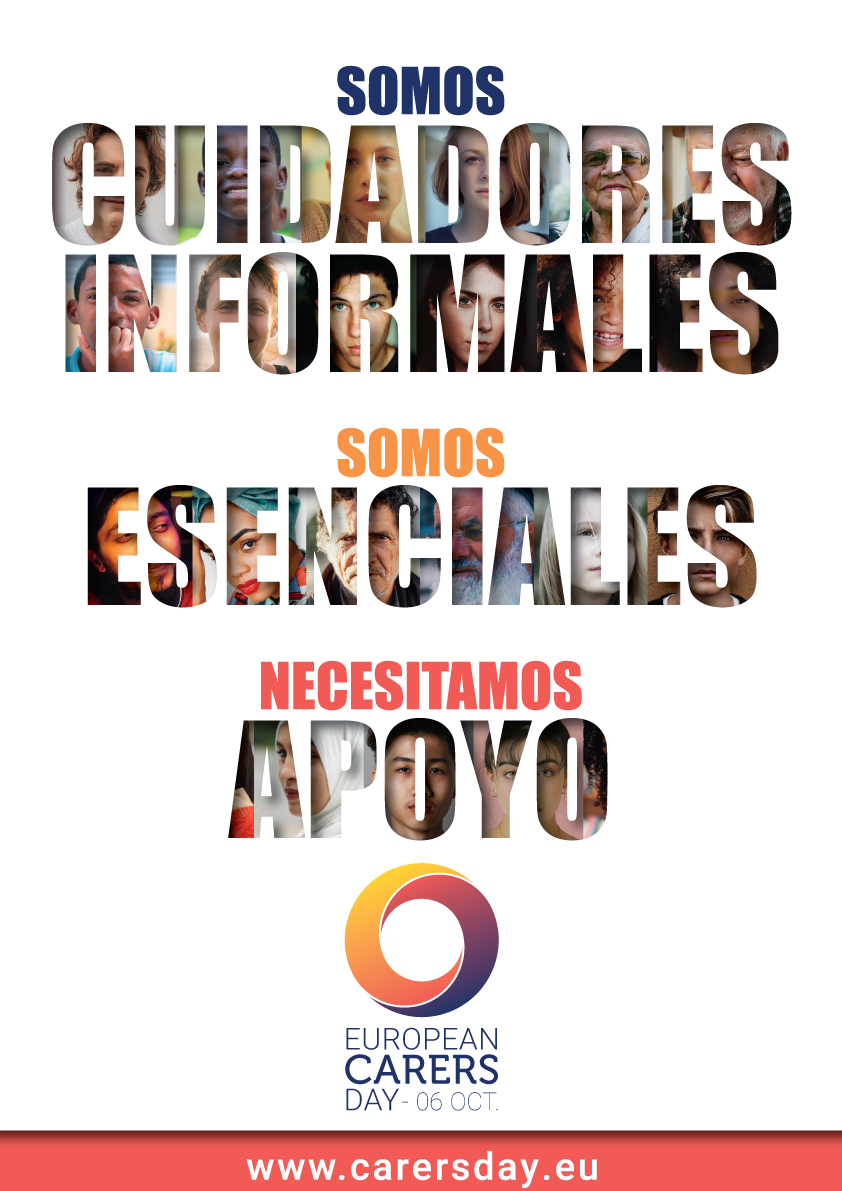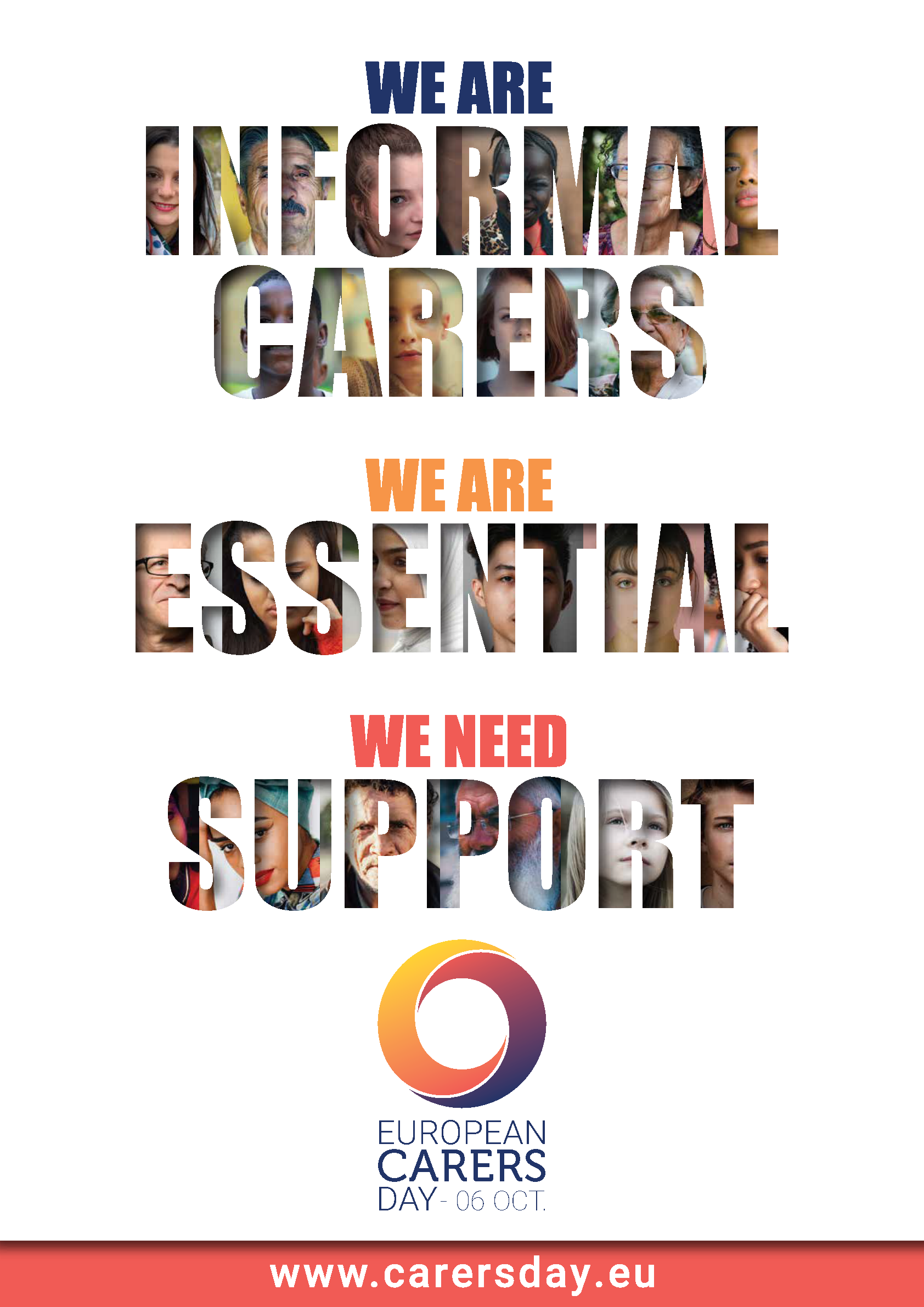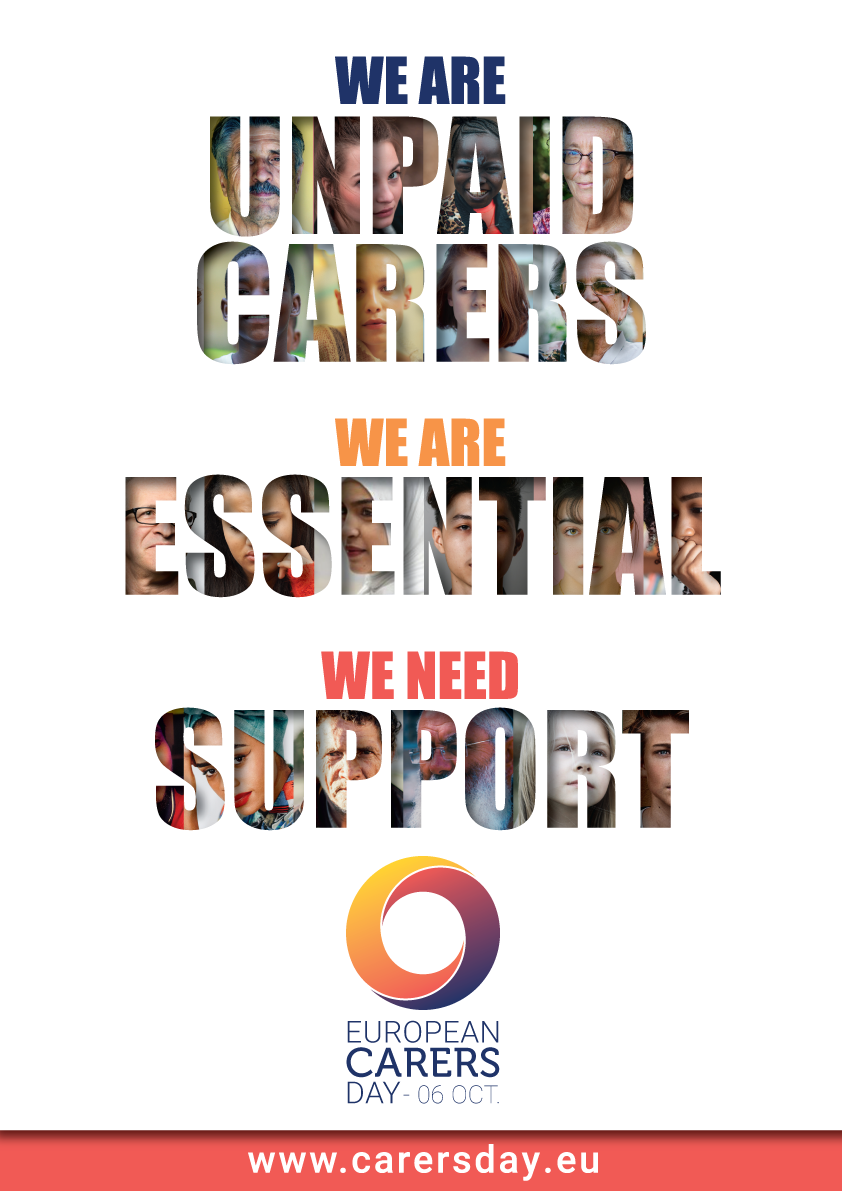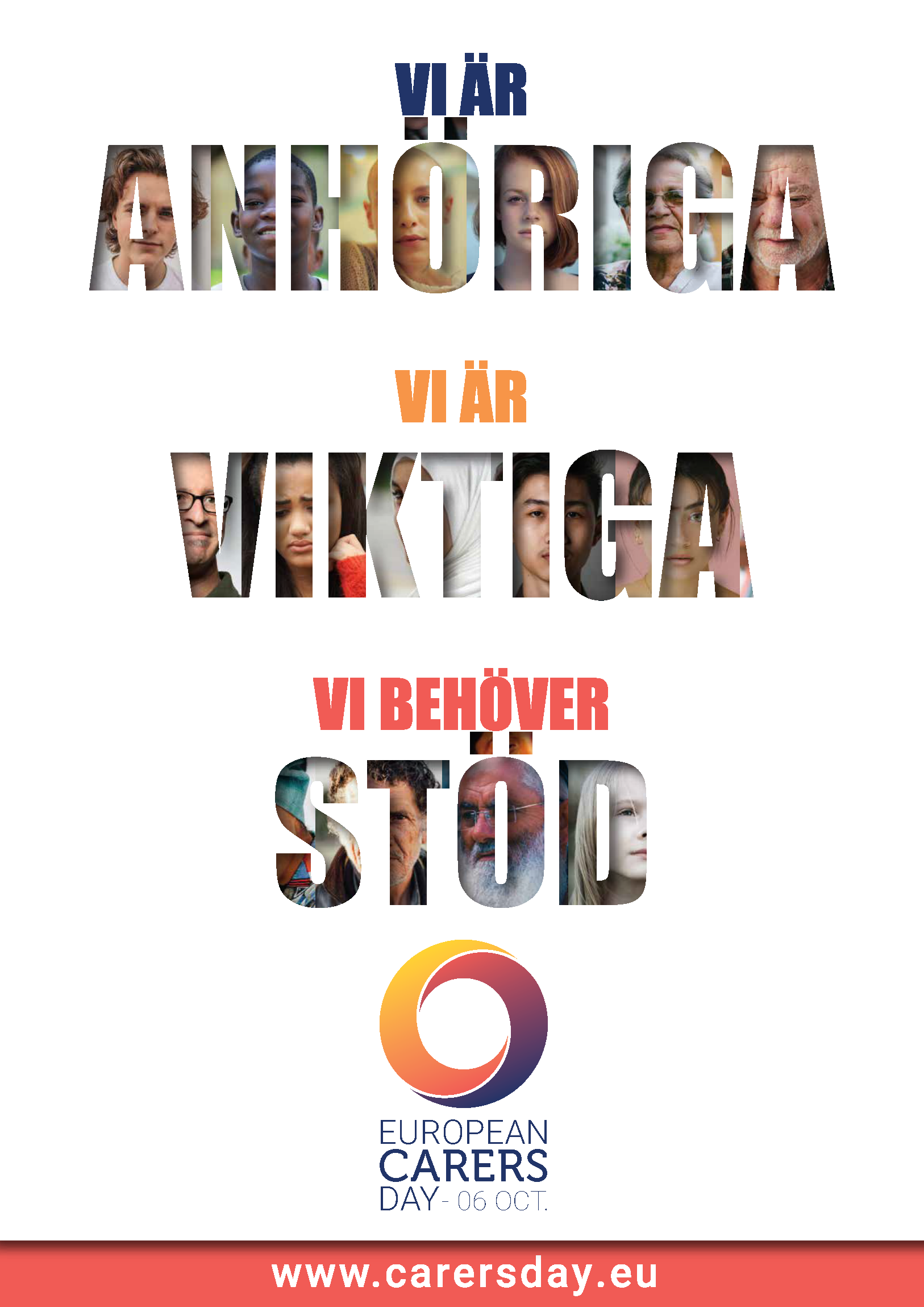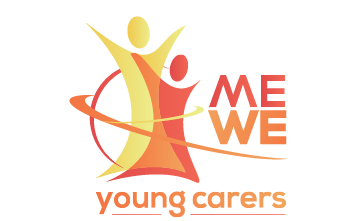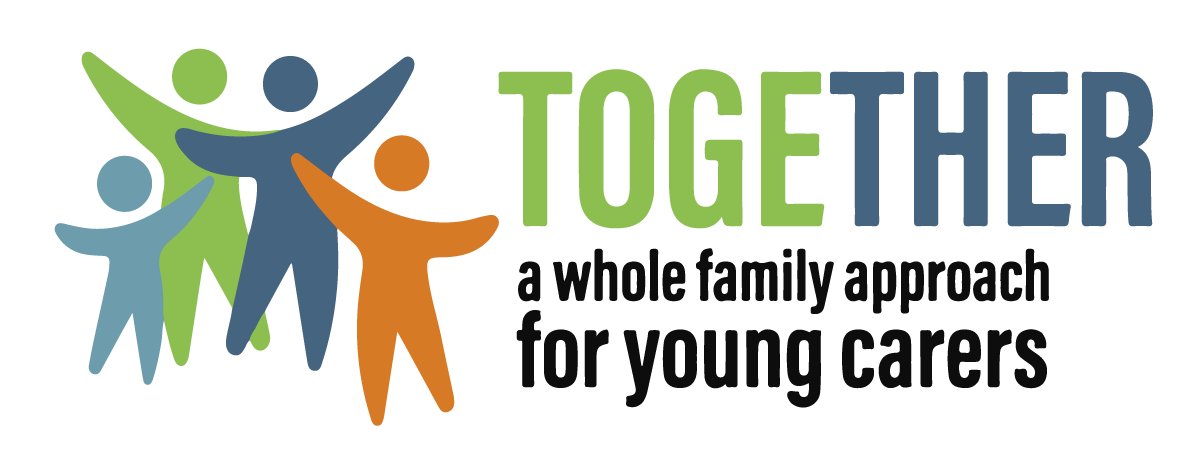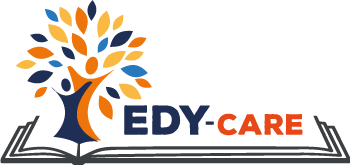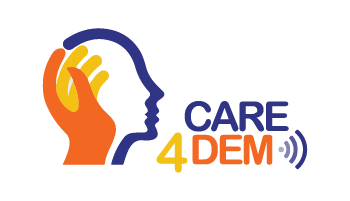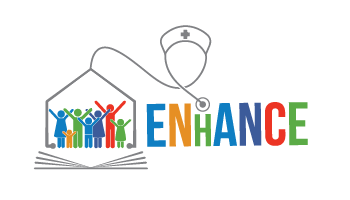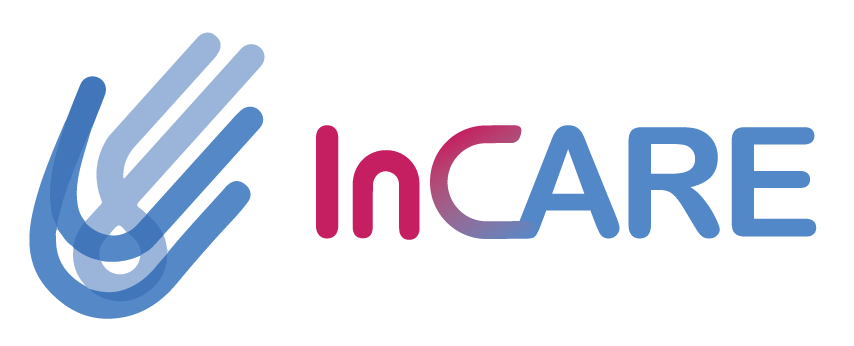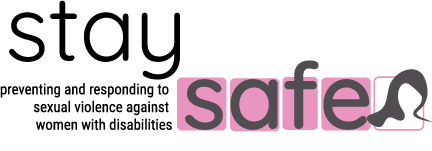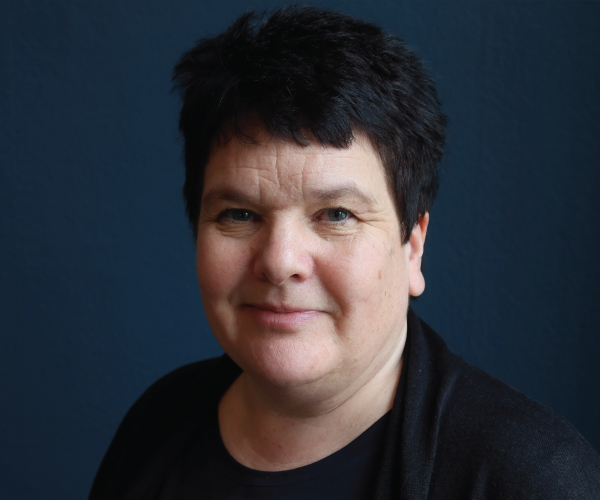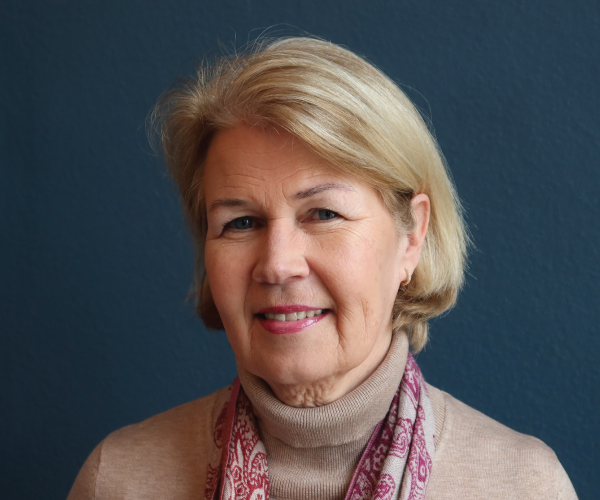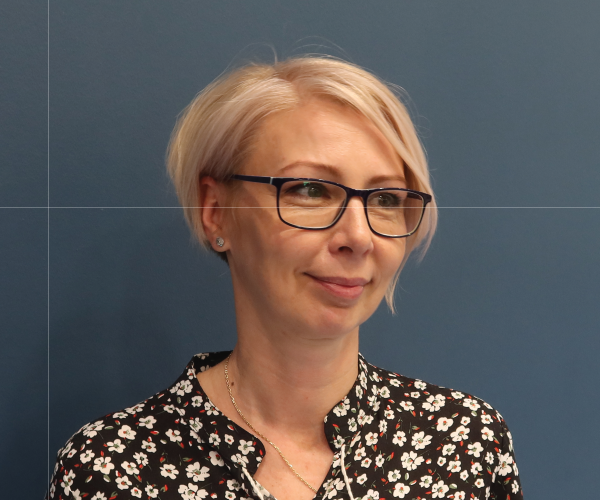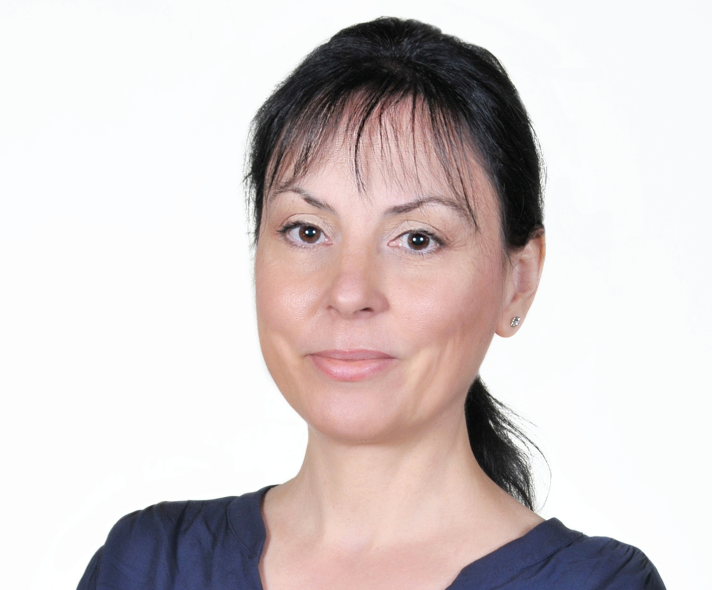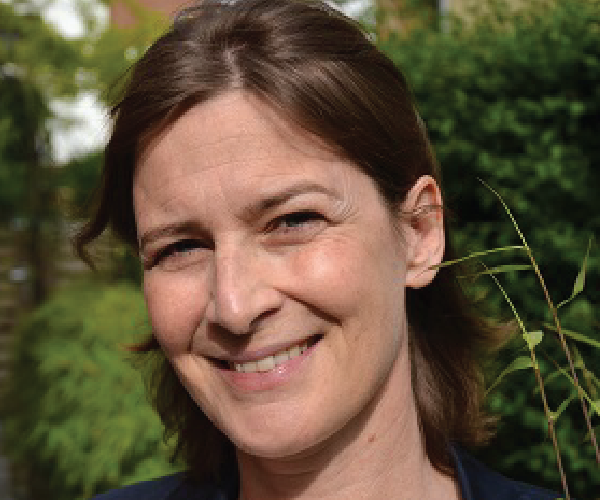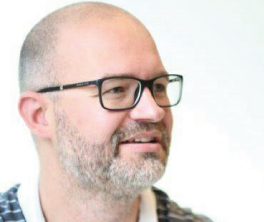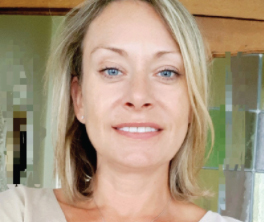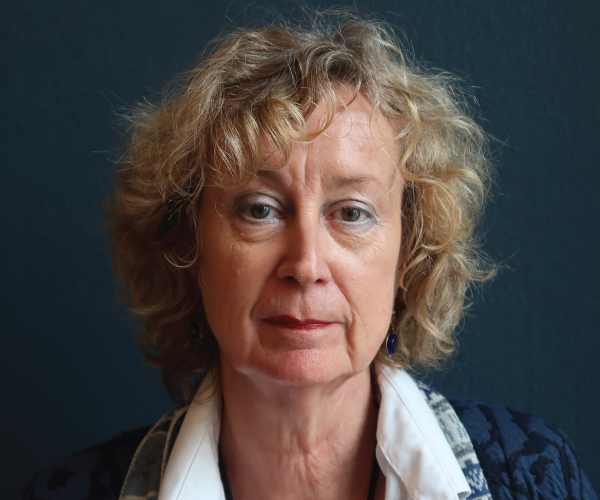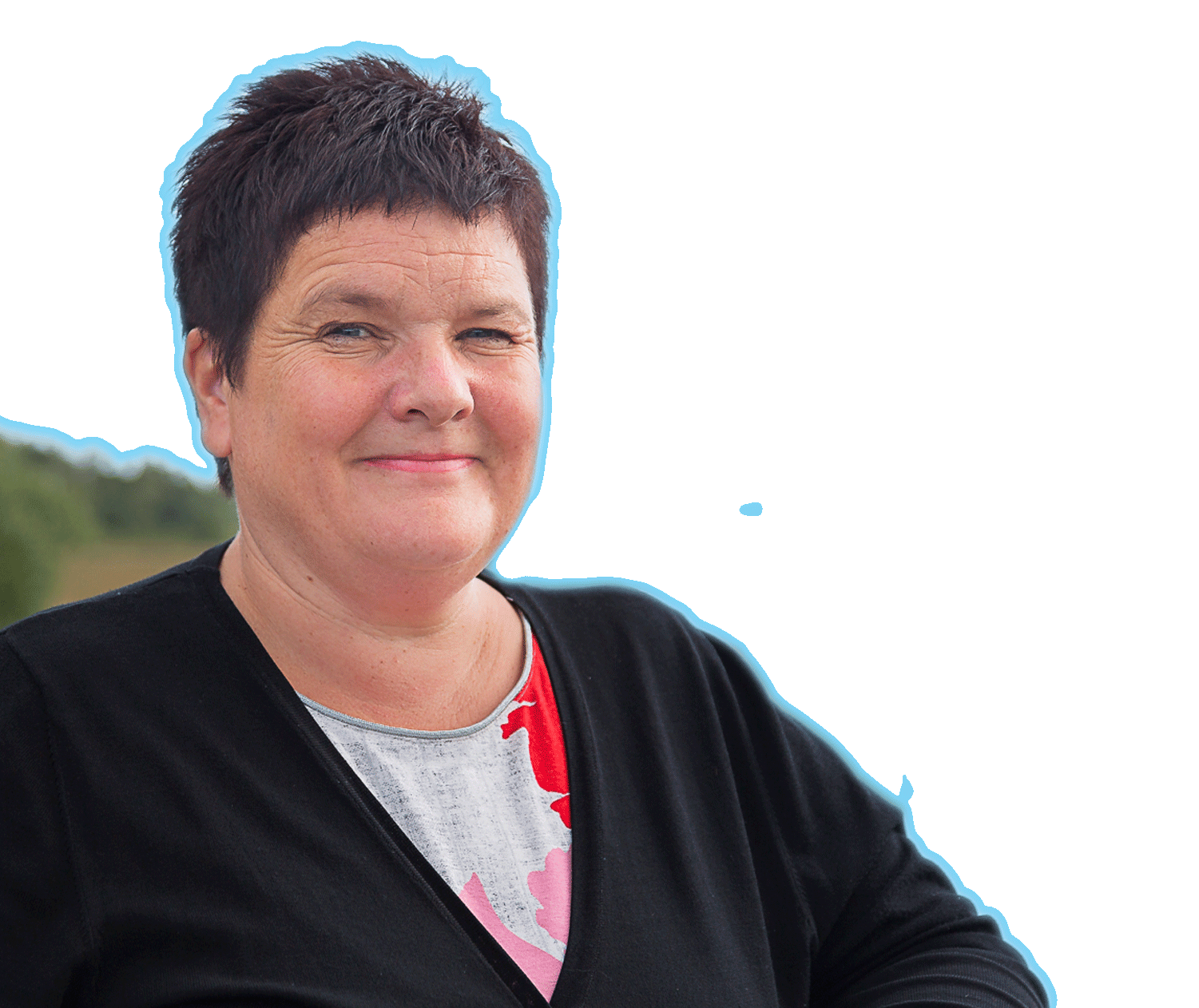
Dear Readers,
Who knew what the year 2020 was going to bring? The work of Eurocarers and its 75 member organisations has been more essential than ever, to make informal carers heard and to provide them with the practical help needed as a result of the COVID-19 pandemic. The situation in many European countries remains critical and we all need to stay vigilant and comply with health and safety regulations until vaccines finally rid us of this awful virus. The pandemic has nevertheless served to shine a light on the everyday challenges of informal carers: the lack of support and services, the isolation and discrimination. Hopefully, these lessons will positively inform the expansion of carers’ rights in a near future.
The pandemic has also impacted Eurocarers’ plans. First of all, our network has actively advocated for a better protection of carers and the provision of tailor-made services during the lockdown. Secondly, Eurocarers has conducted an EU-wide survey on the impact of the coronavirus on carers, in collaboration with INRCA. Thirdly, all of the activities carried out by Eurocarers since March 2020 have taken place via the internet, using various kinds of platforms. The AGM itself was held online in May 2020. Yet, six new organisations have joined our network since last year.
One of the most important initiatives taken in 2020 was the launch of the first European Carers’ Day (ECD), on the 6th October. I was indeed delighted to see so many of our members joining forces and launching new action in their respective countries. Our network, operating as a community, has shown the power of a well-coordinated movement and, from now on, the ECD will be our annual campaigning tool to convey a joint and clear political message across European states.
As you will read below, Eurocarers has (co-)organised and attended a long list of (online) conferences, seminars and project meetings over the reported year. Our Policy Working Group (EPWG) has worked closely with the European Parliament’s Interest Group and informed political impact. Our Research Working Group (ERWG) has enabled a more nuanced depiction of issues related to informal care thanks to its work on evidence and practice. In this report, you will find a description of the 13 research projects in which Eurocarers is involved. Yet, none of this would have been possible without the support of the European Commission, through the EaSI program, for which we are extremely grateful.
I also want to warmly thank the members of our Board, ERWG and EPWG for their invaluable input to the work of Eurocarers. At this turning point, I also want to give our special thanks to our Treasurer, Ivar Paimre, who has actively contributed to our success since 2016 and who is now leaving our Board. Our network’s operations have been in the good hands of our Secretariat, led by our Executive Director, Stecy Yghemonos. I also want to thank the staff for this successful year!
As always, I look forward to further collaborating with our members. This will take place in the context of the hybrid world we now live in but I am confident that, together, we will continue to find innovative ways to push for carers’ recognition and rights – and advance towards carer-friendly societies across Europe!
Sari Tervonen – Eurocarers President
Dear friends and colleagues,
It is hard to believe that the year has come around again. 2020 has been a year like no other in our lifetime, a journey in adaptability and resilience! The COVID-19 pandemic has brought some public services to a standstill while putting additional pressure on others. These restrictions have led a growing number of people to witness – and get involved in – previously invisible unpaid care activities. Our EU-wide study on the impact of COVID-19 on carers (see details below) only confirms that the pandemic has boosted both the prevalence and intensity of informal caregiving across Europe. Moreover, a new population of informal carers has also emerged from the crisis.
The pandemic we are facing creates an unprecedented set of opportunities and challenges for our network and movement. The limitations and weaknesses of existing care systems and the central role of informal carers have been thrust into a relative limelight, with the hope that this will inspire constructive policy developments in the realm of care and caring. But the pandemic also sheds light on our societies’ excessive dependence on the contribution of carers who, on their side, have not always chosen to take on care responsibilities and cannot always count on acknowledgement or support.
It is in this dual context that the Eurocarers network has continued to support and inform policy initiatives of relevance to our mission, across relevant policy areas and levels of governance, and on the basis of the 10 steps of our proposed EU Strategy on Carers. Our aim is not to foster the implementation of the exact same package of measures in all member states but to ensure that all EU decision makers work towards the same goals on both formal and informal long-term care. In fairness, we are observing positive trends at EU, national and regional level as it looks like more and more policy makers are awakening to the idea of more care(r)-friendly environments. As you will read in this report, many of the pieces of the puzzle are already available but need to be connected…
The true value of our network lies in its constituents – the organisations working for and with carers, sometimes in an adverse context and with limited means. They say that a chain is as strong as its weakest link. Well, I am proud to say to not even a global pandemic has prevented our network from demonstrating its ability to endure and overcome challenges!
Stecy Yghemonos – Executive Director

ABOUT US

Eurocarers is the European network representing informal carers and their organisations, irrespective of the particular age or health need of the person they are caring for. Our network brings together 73 carers’ organisations as well as relevant research & development organisations from 26 countries – a combination that enables evidence-based advocacy. These organisations are active at international, national and regional level. An overview of our membership is available here.
Eurocarers is designed as a platform for collaboration, support, exchange, awareness-raising and policy change. Our collective efforts seek to ensure that the existing and growing care needs of an ageing European population are addressed in a universal and equitable way and that the essential contribution of unpaid/informal carers in the provision of care is valued and recognised as central to the sustainability of health and long-term care systems, and supported to prevent the negative impact of care on carers themselves. We believe that carers’ know-how and needs are worth listening to and that people should have the right to choose freely whether they want to be a carer, and to what extent they want to be involved in caring.
The mission of the Eurocarers network is therefore to act as a voice for informal carers by:
- Documenting and raising awareness about the significant contribution made by carers to health and social care systems and the economy as a whole, the impact of caring on carers’ ability to maximise their life prospects and maintain an active and productive life, as well as the need to address the daily challenges facing carers across Europe;
- Contributing to evidence-based policy development at national as well as European level that take account of carers, i.e. promote their social inclusion, the development of support services, enable them to remain active in paid employment and maintain a social life; and
- Promoting mutual learning and an exchange of good practice and innovation throughout the EU.
POLICY ENVIRONMENT
Up until the outbreak of COVID-19, the context for policy debates on care and caring was one in which improvements in population health came to be expected and infectious diseases were essentially relegated to the past. As a result, the growing incidence of age-related conditions, growing demand for care as well as the sustainability challenge for care systems caused by Europe’s ageing demographics and overall increase in life expectancy had become the main areas of attention. These challenges were – and remain – compounded by structural problems in the long-term care (LTC) sector, i.e. insufficient staffing, poor job quality and inadequate skills, which all have a toll on the quality of care. Therefore, community care had progressively become a “hot topic” and home-based care had been identified as a practical measure to contain the costs of services while supporting widespread preferences among (older) people. Meanwhile, informal carers who, according to some estimates, provide as much as 80% of all LTC in Europe and are crucial to the sustainability of care systems were subjected to increasing pressure.
While Informal care can be a source of great personal satisfaction, in many cases – and even more so when people have limited choice in their caring roles or when no adequate support is available – being a carer can be a determinant of negative health outcomes, a barrier to education and employment, and a driver of discrimination, social exclusion and poverty. Young carers may (have to) miss out on education and training as a consequence of providing care to a parent or sibling. This in turn affects their chances for labour market participation and career development later in life – which increases the chances of falling into long term unemployment.
The coronavirus outbreak brought about major change. It indeed reflects a re-emergence of epidemics of infectious diseases which renders the situation even more complex and critical. COVID-19 requires patterns of caring that are unlike any our societies had seen in recent generations and, from the perspective of informal carers, this comes on top of the challenges that pre-existed the crisis and resulted from the increasing need for personal care and prevalence of long-term impairments and disabilities.
Informal carers are effectively in first line given their close contact with the most-at-risk age groups or their belonging to these groups. They therefore find themselves in a particularly vulnerable situation. The policy responses to the pandemic and, especially, the confinement measures and reallocation of care services to patients with urgent needs have exacerbated their isolation and deprived them from many of the tools at their disposal to maintain an acceptable balance between their social, professional and caregiving responsibilities (e.g. home care services, respite care, access to their social network, etc.) To put it simply, carers were considered by many policy makers as the default option for the provision of long-term care before the pandemic and have since become the fallback solution for home care to dependent people in times of lockdown. So, the COVID-19 crisis has proven exceptionally detrimental to carers and it is interesting to note that many people have been constrained to take on caregiving responsibilities as a result of the crisis – in other words, a new generation of informal carers has been forged.
From the above, it is clearer than ever that carers are an inherent and indispensable part of the provision, organisation and sustainability of European care systems. While steady investment in good-quality and affordable professional long-term care is a key priority to respond to the looming care crisis and to cope with this (and future) pandemic(s), better recognition of and support to informal carers is vital. The shift from residential and institutional care settings to care at home must not place additional burdens on carers or prevent them from working, learning or having a life outside of caring. Policies that affect carers should therefore never assume that people innately want or choose to be carers. Besides, the success of initiatives aiming to address the needs and preference of carers depends on consistency in the long-term care sector and on good coordination between a broad set of policies in the social, health and employment fields. This transversal and multidisciplinary approach to care and caring is therefore at the core of Eurocarers’ action.
In the last few years, the momentum around care and caring has never ceased to grow. Many recent policy initiatives and instruments at international, national or regional level indeed explicitly refer to carers, the impact of their caregiving responsibilities on their own social and professional life as well as the importance of addressing their needs. The Eurocarers network has continued to support and inform this constructive process, based on evidence (research and practice) and so as to promote a consistent and holistic approach, based on the 10 steps of our proposed EU Strategy on Carers.
At EU level, the EU Pillar of Social Rights has proven a very comprehensive and effective vehicle to convey our message around joint approaches and win-win objectives for policy-makers, stakeholders and carers across Europe. The structure and principles of the Social Pillar indeed bring new impetus to the idea of a Europe committed to better working and living conditions for all and offers a revitalised and integrated environment for our work around care(r)-friendly societies, which nicely harmonises with the aspects captured in our proposed EU Strategy on carers. The implementation of our strategy nevertheless builds on additional policy instruments of relevance to our mission, including the EU Semester, the renewed EU Strategy on Gender Equality, the EU Directive on Work-Life Balance, the EU Child Rights Strategy, the Youth and Child Guarantees, the Green Paper on Ageing as well as the work of EU agencies (Eurofound, EIGE), international organisations (WHO, UNECE, OECD) and colleagues from other Civil Society Organisations. All of these instruments allow us to generate synergies and maximise impact. Our networking activities, policy and position papers, calls to action, in-country policy dialogues, consultation responses and activities with the EP, among others, all serve to generate these much-needed multisectoral and integrated approaches in favour of care and caring.
At national level, several policy breakthroughs have been achieved in the last couple of years, such as in Belgium, France, Germany, Ireland, Italy, Portugal, Sweden, Norway or the UK. Ad hoc measures targeting carers and resulting from the COVID-19 outbreak have also been observed. All of these remain on our radar and we will continue to foster new and further developments in these and other European countries (not least because our organisation, via our local members, has often played an active role in their design and materialisation).
Although the list of committed policy-makers and stakeholders keeps expanding, the COVID-19 crisis has logically disrupted ongoing dialogues on the situation of carers and diverted policy-makers’ attention to combatting the spread of COVID-19 and blunting the impact of the pandemic. As a result, the COVID crisis brings along opportunities and challenges for the European carers’ movement. On the one hand, it clearly emphasises the limitations and inconsistencies of prevailing long-term care models as well as the crucial role played by informal carers. This may stimulate the much-awaited reforms to strengthen formal care services and recognise informal carers. On the other hand, the crisis also confirms governments’ tendency to overrely on families, friends and neighbours despite the absence or inadequacy of support measures available to them. Moreover, the crisis also demonstrates that civil society organisations are often best placed to respond to the needs of the community and compensate for the deficiencies of public services, even though they are habitually expected to do this with extremely limited resources.
EUROCARERS’ INSTRUMENTS FOR POLICY CHANGE

The Eurocarers Young Carers Working Group (EYCWG) was established in Malmö, in 2017, in the margins of the second International Young Carers Conference. The principle behind the working group is simple: “Nothing about young carers without young carers!” In other words, young carers should be seen as experts and be involved in policy dialogues and developments that affect their daily life. The aim of the working group is therefore to combine efforts and resources, so that young carers’ voices are heard, and policies and practices are put in place all across Europe to support them. The EYCWG currently consists of 30 young carers, young adult carers or former young carers from 10 European States and Australia.
The meeting of the EYCWG took place on the 19th February 2020 in Brussels, before the first wave of the COVID-19 pandemic hit Europe and lockdown measures were put in place. The event brought together 18 members of the working group and focused on the structure, aims and role to be played by the EYCWG during the 3rd International Young Carers Conference, originally planned for the 18th November in Brussels but finally converted into an online conference and postponed to May 2021, as a result of the crisis. The meeting also gave an opportunity to discuss and co-design the message to be conveyed on the occasion of the very first European Carers Day, on the 6 October 2020, with young carers.

The Eurocarers Policy Working Group (EPWG) is our network’s primary instrument to lead a process whereby our Secretariat and member organisations identify promising/challenging policy developments at EU, national and local level and align their policy messaging to maximise the impact of our advocacy work.
Two online meetings of the EPWG were held in 2020. The first one took place on the 30th September and was attended by 31 participants from 24 organisations in 11 countries.
The discussion with EPWG members focused on:
- A SWOT analysis of Eurocarers positioning in the current policy context with specific attention to ongoing and upcoming work by the EC as well as key questions emerging from our interactions with relevant stakeholders in the last few years (e.g., What is the right balance between formal & informal care? What are the measures and practices at our disposal to document the implementation of our proposed EU Carers Strategy? Beyond principle 18 of the Social Pillar, are there other policy areas we should explore and prioritise? Does the COVID-19 support or undermine our message?);
- The potential offered by the EU Semester package 2020 and the specific points of interest in the Annual Growth Survey, National Reform Programmes and National Resilience and Recovery Plans, EC Country Reports; and
- Eurocarers’ response to the EU Consultation on the implementation of the Social Pillar, building on the operationalisation of the 10 steps for a carer-friendly policy environment, listed in our proposed EU Carers Strategy.
The second meeting was held on the 19th November 2020 and brought together 21 participants from 17 organisations in 14 countries. It gave an opportunity to further discuss the scope and structure of Eurocarers response to the EU Consultation on the implementation of the Social Pillar, following a consultation with EPWG members on the draft response. The meeting allowed to further elaborate on our response and reinforce it via the inclusion of good practices.

European Parliament’s Interest Group on Informal Carers
The logistical constraints imposed by the pandemic has led us to reorganise our activities with the European Parliament and its Interest Group on carers. This redeployment of our activities has nevertheless produced various interesting developments of great potential for our work in the months and years to come, namely:
- Our communication campaign towards MEPs regarding the pre-existing and emerging challenges facing carers as a result of the COVID-19 crisis as well as ways of utilising the principles of the European Pillar of Social Rights to address their needs (with positive outcomes for both carers and society as a whole) generated great interest. The campaign, which also sought to gather MEPs’ support around the first-ever European Carers Day on the 6 October 2020 (see details below), the Interest Group and the idea of a fully-fleshed EU Strategy on Carers indeed drew the attention of a total of 26 MEPs from 11 countries and 4 EU political groups (S&D, EPP, Renew and the Greens) who have now joined the ranks of the EP Informal Carers Interest Group;
- Building on these activities, the need for a comprehensive EU Strategy on Care and Caring was proposed and discussed during the EP plenary session debate on the impact of the Covid-19 outbreak on long-term care facilities with Helena Dalli, EC Vice-President on the 5-8 October 2020 in Brussels;
- Moreover, an EPP proposal for an EU Strategy on Care (capturing both formal and informal long-term care) is currently being promoted – under the leadership of MEPs Frances Fitzgerald and Dennis Radtke who have both joined the EP Interest Group. The proposal was the red thread of a webinar entitled “Putting Care at the heart of Europe – Towards a European Care Strategy”, hosted by Ms. Fitzgerald on the 3rd December 2020 and in which Eurocarers was a key contributor.
The action plan for the implementation of the EU Social Pillar, the EPP and Eurocarers proposals for an EU Strategy on care and caring will remain at the core of the Interest Group’s discussions in the months to come.
2 new Policy briefings and 11 consultation responses
The policy message conveyed through our work is rooted in the evidence-based idea that, while investing in good-quality professional care services and revaluing care work professions are fundamental steps towards meeting the growing care needs of an ageing population (not least given the re-emergence of epidemics of infectious diseases), this may not prove sufficient in view of the vital and unique role played by informal carers. In this context, steps should be taken to recognise and meet the needs of informal carers as detailed in the 10 steps of our proposed EU Strategy on carers. Our policy briefings therefore seek to further document how these steps could be better achieved through existing and future EU policy initiatives and programmes (e.g., EU Semester, EU Pillar of Social Rights, etc.) The aim is to support the design and implementation of international, national and local policies and practices within and beyond care systems to contribute to EU policy objectives while promoting better outcomes for carers, care recipients and society as a whole.
In 2020, our secretariat developed two briefings on:
- Information & Communication Technology (ICT) for informal carers (January 2020)
A wide range of ICT-based solutions are being developed and piloted across Europe (most of which are proving very useful to address the needs and improve the quality of life of both carers and care recipients). However, the roll-out of these solutions sometimes remains challenging. This briefing therefore illustrates the remaining stumbling blocks in the implementation of ICT-based solutions for care and caring. It also includes a series of recommendations on avenues for progress and the provision of efficient ICT-based support to all carers.
- Eurocarers’ analysis of the European Semester – Informal carers, left aside again? (July 2020)
This briefing presents an analysis of the potential offered by the EU Semester package of documents (country reports and country-specific recommendations) when it comes to the promotion and implementation of the 10 steps of our proposed EU Strategy on carers. The briefing therefore serves as an inspiration and refection tool for the collective activities of our network and individual work of our member organisations at national/regional level. The briefing was further informed by our secretariat’s networking activities and by the discussions held with colleagues from across Europe during our AGM in May 2020.
Eurocarers also contributed to various consultations regarding
- The EU Cancer Plan Roadmap – March 2020
- The Europe Beating Cancer Plan – May 2020
- The New Digital Education Action Plan – July 2020
- The EXPH opinion on resilient care systems in times of COVID – October 2020
- The EU Child Guarantee – November 2020
- The Action Plan for the implementation of the EU Pillar of Social Rights – November 2020
- The EU Green paper on ageing – December 2020
- The EU Strategy for the Rights of the Child – December 2020
Eurocarers also submitted a response to the UK Government’s Open Consultation on a Carer’s leave (July 2020), a contribution to the US Government Accountability Office report on Other Countries’ Experiences with Caregiver Policies (September 2020), and a note for the Italian Senate “I caregiver familiari: attori in prima linea nella lotta contro il virus” (November 2020).
2 new Policy briefings and 11 consultation responses
The policy message conveyed through our work is rooted in the evidence-based idea that, while investing in good-quality professional care services and revaluing care work professions are fundamental steps towards meeting the growing care needs of an ageing population (not least given the re-emergence of epidemics of infectious diseases), this may not prove sufficient in view of the vital and unique role played by informal carers. In this context, steps should be taken to recognise and meet the needs of informal carers as detailed in the 10 steps of our proposed EU Strategy on carers. Our policy briefings therefore seek to further document how these steps could be better achieved through existing and future EU policy initiatives and programmes (e.g., EU Semester, EU Pillar of Social Rights, etc.) The aim is to support the design and implementation of international, national and local policies and practices within and beyond care systems to contribute to EU policy objectives while promoting better outcomes for carers, care recipients and society as a whole.
In 2020, our secretariat developed two briefings on:
Information & Communication Technology (ICT) for informal carers
(January 2020)
A wide range of ICT-based solutions are being developed and piloted across Europe (most of which are proving very useful to address the needs and improve the quality of life of both carers and care recipients). However, the roll-out of these solutions sometimes remains challenging. This briefing therefore illustrates the remaining stumbling blocks in the implementation of ICT-based solutions for care and caring. It also includes a series of recommendations on avenues for progress and the provision of efficient ICT-based support to all carers.
Eurocarers’ analysis of the European Semester – Informal carers, left aside again?
(July 2020)
This briefing presents an analysis of the potential offered by the EU Semester package of documents (country reports and country-specific recommendations) when it comes to the promotion and implementation of the 10 steps of our proposed EU Strategy on carers. The briefing therefore serves as an inspiration and refection tool for the collective activities of our network and individual work of our member organisations at national/regional level. The briefing was further informed by our secretariat’s networking activities and by the discussions held with colleagues from across Europe during our AGM in May 2020.
Eurocarers also contributed to various consultations regarding
- The EU Cancer Plan Roadmap – March 2020
- The Europe Beating Cancer Plan – May 2020
- The New Digital Education Action Plan – July 2020
- The EXPH opinion on resilient care systems in times of COVID – October 2020
- The EU Child Guarantee – November 2020
- The Action Plan for the implementation of the EU Pillar of Social Rights – November 2020
- The EU Green paper on ageing – December 2020
- The EU Strategy for the Rights of the Child – December 2020
Eurocarers also submitted a response to the UK Government’s Open Consultation on a Carer’s leave (July 2020), a contribution to the US Government Accountability Office report on Other Countries’ Experiences with Caregiver Policies (September 2020), and a note for the Italian Senate “I caregiver familiari: attori in prima linea nella lotta contro il virus” (November 2020).
CAPACITY BUILDING
Knowledge-exchange opportunities
Eurocarers’ Annual General Meetings are traditionally used to conduct research and policy-oriented discussions with our membership on the prospects and potential difficulties arising from EU programmes and policies. The co-operative implementation of the EU Pillar of Social Rights and our proposed European Strategy on Carers; measures to facilitate the transposition of the Strategy at national and regional level; our collective activities to document the needs and situation of carers across Europe as well as our work to monitor the transposition of the Work-Life Balance Directive (among others) all form part of these discussions. In this context, the agenda for the AGM 2020 included a session focused on a series of questions emerging from the policy environment and which will be address through our work in the coming months, i.e.:
Regarding Long-Term Care
- What kind of (professional) care is Eurocarers aiming to promote?
- What is our definition of good-quality care?
- What is the right/acceptable balance between formal and informal care?
Regarding the situation of carers
- Besides our proposed EU Strategy on carers and our mapping exercise (i.e., our Overview table on the number of carers and existing support measures across the EU and our country profiles) how to move forward with the collection of exemplary services targeted at carers (e.g., respite)?
Beyond Long-Term Care
- What are the other policy areas which should be prioritised in our future initiatives? (e.g., Social protection for carers, etc.)?
- Should we use the COVID-19 crisis to illustrate the relevance of our message?
Our monitoring documents on carer-friendly policy environments across the EU, which focus on both the availability of good quality professional care services and support measures targeted at carers, are structure around the 10 steps defined in our proposed EU Carers Strategy. They allow us to keep track of recent advances made at international, national and regional level with regard to our overall mission. Our monitoring documents are available via our website (see https://eurocarers.org/about-carers/ and https://eurocarers.org/country-profiles/) and include an overview table on the “Number of carers and existing support measures across the EU” as well as a series of 27 country profiles summarising policy developments of relevance to carers across Europe. These documents are informed by our networking activities, our research work as well as our network’s intelligence – they are therefore continuously updated. They serve to document and support our work around the objective of the Europe 2020 Strategy, SIP and EPSR (in particular concerning access to affordable care services of good quality, the implementation of the EU Directive on work-life balance for parents and carers, gender equality, equal opportunities and access to education and employment).
The 27 country profiles also feed into the work of our member organisations at national and regional level, the narrative developed around our newly-created European Carers Day campaign and the discussions held during our capacity-building and coordination activities (working group meetings, knowledge-sharing seminars, AGM, etc.)
POSITION PAPERS AND CALLS FOR ACTION
The Eurocarers secretariat – in its role as a knowledge-broker between carers, academics and policy makers continues to produces ad-hoc position papers in order to support and inform the development of evidence-based policies and practices on care and caring at EU and national level.
Our detailed review of the implementation of the Work-Life Balance Directive by member states (November 2020) has allowed to demonstrate that while the legislation in place in a huge majority of countries already complies with the Directive, existing benefits and entitlements are too often provided at a minimal level. It is indeed common for these rights to be defined on the basis of a narrow-focused notion of ‘informal care’, strict eligibility criteria or the benevolence of employers. Moreover, existing rights continue to favour those carers who have a first-degree relationship with the person in-need of care, who live in the same household or are employees of the public or private sector (thereby excluding self-employed workers and atypical forms of employment). Finally, access to the carer’s leave and flexible working conditions tend to remain problematic for those who provide care to dependent elderly persons, which is paradoxical given the original premise of the Directive and the need to adapt to ageing societies. Consequently, existing measures often fall short in adequately addressing the needs of millions of informal carers across Europe.
Making cancer-related complications and comorbidities an EU health priority – February 2020
This call to action, developed in collaboration with a long list of health organisations, aims to build on the momentum generated by the European Commission’s Beating Cancer Plan. The call’ specific objective is to draw attention on cancer patients’ (and their informal carers!) long-term wellbeing and quality of life, addressing the often-debilitating comorbidities and complications of cancer, both in terms of the disease itself and its treatments.
VAC-PACT Factsheets and quick guides on vaccination and Chronic diseases – October 2020
This Toolkit aims to support healthcare professionals, chronic disease patients and their supporting communities including: families and informal carers across the EU by empowering, on one hand, the patients themselves to make the best possible decisions on vaccination and raising, on the other hand, healthcare professionals’ and supporting communities’ awareness on the role they could play in this decision-making. https://vac-pact.com/toolkit/
The EU strategy on children’s rights (2021-2024) provides the framework for EU action to better promote and protect children’s rights while the Child Guarantee focuses on children in need: children from precarious households (precariousness due to economic fragility – in particular income poverty or material deprivation – household composition, or other social risk factors); children with a migrant background; children in institutions and children with disabilities. Against this backdrop, our Position Papers on the Child Guarantee (November 2020) and EU Strategy for the Rights of the Child (December 2020) seek to demonstrate how young carers should be identified as a particularly vulnerable group of children and young people.
NETWORKING
While long-term care is a natural entry point for our message around the situation, contribution and needs of informal carers, the development of a care(r)-friendly policy environment largely depends on the smooth coordination between a broad set of policies and practices in the social, health and employment sectors (among others). It is therefore important for Eurocarers to organise and contribute to outreach events, policy dialogues, scientific conferences, exhibitions, etc. at EU and national level in order to build bridges, develop cross-sectoral cooperation and spread our messaging on the opportunities and challenges offered by the EU Semester, EU Pillar of Social Rights and other policy instruments. Our networking activities also serve to convey the perspective of informal carers and disseminate evidence-based policies and practices. Finally, they allow us to develop sustainable or ad-hoc partnerships and synergies with relevant counterparts. We are delighted to report that 2020 was once again a productive year in that regard with more than 160 events attended or (co-)organised throughout the year.
IN-COUNTRY POLICY DIALOGUES ON SITUATION AND NEEDS OF CARERS
Our in-country policy events, organised in close collaboration with our local member organisations aim to:
- Raise awareness on the situation and needs of carers and contribute to the development of new national/regional initiatives on care and caring, in accordance with the 10 steps of our proposed EU Strategy on carers, and
- Contribute to better synergies between EU objectives (in particular, the principles of the European Pillar of Social Rights and the European Semester) and national/regional policy agendas around integrated and multidimensional approaches to care and caring.
In 2020, Eurocarers co-organised/contributed to five national/regional policy dialogues, i.e.:

The 4th Caring for carers event “Addressing Depression in Europe” (28-29 September 2020), organised by EPIONI, the Greek organisation of carers, in collaboration with Eurocarers, the European Psychiatric Association and the European Brain Council. The online event gave an opportunity to explore the impact of informal care on the mental health of carers themselves as well as the central role played by carers in the prevention and provision of care to people with a mental health issue. The two-day meeting brought together prominent policy-makers, academic figures as well as carers representatives.

The conference “Le (dé)confinement… made in aidants proches (AP): préparer l’avenir par la mobilisation de notre intelligence collective”, held on the 1st October 2020 in Louvain-la-Neuve, Belgium allowed to explore and discuss the situation of carers in times of a pandemic, based on a piece of research jointly conducted by our member organisations Aidants Proches Belgique and Gent University (HOGENT). The study interestingly highlighted differences between the French and Dutch-speaking regions as regards the type of care provided by carers and care professionals during the pandemic – see details here.
The event also gave an opportunity to explore the new Belgian carer’s leave, introduced in September 2020.

The Swedish Carers Parliament, initially due to take place in Karlstad on the 3-4 November, on the occasion of the 22nd national carers’ day, was finally held online on the topics “end-of-life and palliative care”. The Carers Parliament is a model originally initiated in the UK (Scotland – see below) and which now increasingly serves as an inspiration to Eurocarers members. Indeed, it is now one of the Swedish Association’s most important commitments and the only annual opportunity to bring together all the constituents of the country’s carers community: carers, policy-makers, stakeholders and academics. Click here for more information.

The first Portuguese National Meeting of Informal Carers took place on the 5th November 2020, under the patronage of the Portuguese President and on the topic “The Role of Informal carers in Society – Policy Challenges, Statute and Support Measures”. This hybrid event, held partly at the Calouste Gulbenkian Foundation, in Lisbon, and online was organised by the National Association of Informal Carers (ANCI) and brought together NGOs, professionals, formal and informal carers for a debate on the need to build on the newly established regulation of the Statute of carer. The event offered opportunities to reflect on the potential role of the EU Pillar of Social Rights as a vehicle for the advancement of carers’ rights in Portugal and for a reflection on recent policy initiatives taken by the Portuguese government to recognise carers.

The first-ever virtual meeting of the Scottish Carers Parliament took place over three days on the 16, 17 and 25 November, with workshops, a webinar with Professor Jason Leitch, a main event and a range of virtual information stalls and wellbeing sessions. On the 25th November 2020 , Eurocarers contributed to a panel discussion with Joe Fitzpatrick, Minister for Public Health and Sport, Clare Haughey, Minister for Mental Health, Lucinda Godfrey, Chief Executive of the Dundee Carers Centre and Councillor Stuart Currie, Health and Social Care Spokesperson at COSLA. In addition, a Eurocarers delegation of 16 representatives from 9 countries also took part in the event and attended the sessions on the Scottish Carers Campaign and on young carers. Videos and feedback from these events are available on the Scottish Carers Parliament’s website – see here.
COVID-SPECIFIC ACTIVITIES
Eurocarers EU-wide surveys on the consequences of the COVID-19 outbreak on informal carers, and organisations representing them, across Europe
The COVID-19 pandemic is not only heavily affecting the daily life of millions of people across the world, it also has a particularly damaging impact on already vulnerable communities, such as informal carers. In order to collect additional evidence and shine a light on the increasingly concerning situation of carers across Europe, in the Summer 2020, Eurocarers launched a data collection process in the form of two distinct surveys. These will not only serve to document the impact of the crisis on European carers but will inform further our activities towards regional, national and European policy-makers. The questionnaires were developed in close collaboration with our colleagues from INRCA in Italy and, as always, our network of members and partners was put to good use to help disseminate and promote them.
The first survey – targeted at carers organisations and conducted between the 30th September and the 6th November – focused on the expressed needs of informal carers in relation to the COVID-19 pandemic, new/additional services provided by carer organisations to deal with the impact of the COVID-19 outbreak, the impact of the crisis on carer organisations’ operations, as well as respondents’ views and recommendations concerning measures adopted at country level to cope with the pandemic. The survey highlighted the central role played by carers organisation in the provision of (new/innovative) support services to carers across Europe despite limited resources and in the context of an increasing demand for counselling and emotional support.
The second questionnaire was targeted at carers themselves and focused on the effect of the COVID-19 crisis on different aspects of their caregiving experience, including their personal and caring circumstances, their access to health and social services, the working status and finances as well as their use of new technologies. The survey was conducted between the 24th November 2020 and 8th March 2021 and allowed to collect 2,468 responses from 16 countries. It was made available in 10 languages – i.e. Czech, English, Estonian, Finnish, Finnish/Swedish, French, German, Italian, Portuguese, and Swedish. The survey demonstrated that the COVID-19 pandemic has exacerbated aspects and issues facing carers that pre-existed the outbreak, while generating a new set of challenges.

COVID-19 – Practical support to informal carers
The Eurocarers website, which was completely refurbished in 2019, was further developed over the reported period in order to maintain its positioning as a trustworthy and user-friendly information hub on care, carers and caring. Our main target audiences remain policy-makers, stakeholders, carers and the media. The website includes wide-ranging information and data on our network’s mission and objectives, the situation of carers in Europe, the policy environment in which we operate (with a continuous focus on opportunities and challenges created by EU policy developments, including at national and regional level), our series of policy briefings, position papers, studies and monitoring documents to keep track of developments of relevance to our work, our research projects, as well as tailored databases focusing on research (repository), ICT-based solutions for care (CarICT) and practical support to carers (InformCare).
Conscious of our mission as the European organisation working with and for informal carers and in a modest attempt to address some of the challenges facing carers as a result of the COVID-19 outbreak, our team has initiated a collection and publication process of practical tips aimed at carers in March 2020. These are accessible via a dedicated section of the Eurocarers website (“COVID-19 – Practical support to informal carers” – https://eurocarers.org/covid-19/), which is structured around three key aspects: KNOW – with access to basic facts about the virus and reliable (in)national information sources, PROTECT – which focuses on prevention measures and advice on maintaining one’s wellbeing as a carer in confinement, and PREPARE – which offers information on planning for emergencies, how technology can help, dealing with chronic diseases, dealing with care workers and other home help. The information presented on the website primarily comes from our member organisations as well as international organisations (World Health Organisation, ECDC, etc.) It is important to mention that our data collection exercise is still ongoing since additional guidelines and relevant practices continue to emerge from our work – these are regularly added to the website and will be so until the pandemic is over.
COMMUNICATION
The first-ever European Carers Day (ECD) campaign was launched in September 2020 (the day itself being celebrated on the 6 October each year), as part of our communication strategy 2019-2021 (“European Carers Awareness campaign”), developed in close collaboration with our members. The general objective of the European Carers Day is to coordinate and foster national efforts to raise awareness on the Carers’ issues under a pan-European structure. The aim is to help the European carers’ community to capitalize on existing actions and enable/facilitate new initiatives among less-advanced parts of Europe. The effort is therefore a continuous endeavour with peak activity revolving around the 6th October of each year and specific themes selected by our network on a yearly basis.
The Specific objectives of the European Carers Day are to:
- Foster a feeling of community among carers organisations rooted in internal unity, communality of vision and a clear direction to inspire action;
- Raise public awareness about carers’ role in society: a wider-reaching European campaign will have the ambition to inspire local, regional, national and European action, therefore creating a grassroot movement supporting caregivers; and
- Achieve policy change: by directing common efforts towards policymakers across the European Union, the campaign will ultimately contribute to ensuring that the needs of carers are mainstreamed into social, employment, health and equal opportunities policies at the EU level and national strategies supporting carers are enacted at the member state level. This will build on our uninterrupted call for more investment in formal care and on the 10 steps of our EU Carers Strategy ‘Enabling Carers to Care’.
The theme selected for this first European Carers Day campaign, on the 6th October 2020, was “informal carers – crucial and yet invisible”. In order to support this collective rolling set of actions across Europe, Eurocarers produced a concept, visual identity, dedicated website (www.carersday.eu), infographics, social media accounts, as well as a campaign communication toolkit (posters, press releases, calls to action, social media activities, etc) easily adaptable and translatable to the reality of each country. The communication material was translated into 13 languages while our infographics were available in 5 languages.
RESEARCH WORK
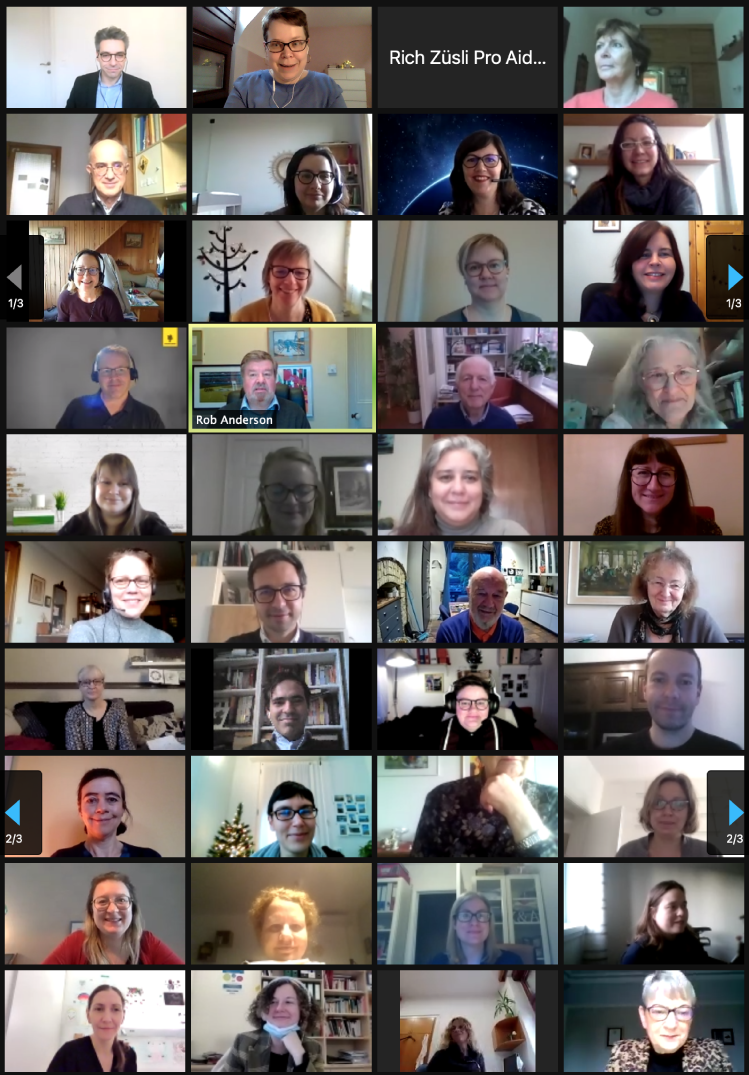
Research Working Group
The mission of the Eurocarers Research Working Group is to inform evidence-based practice and contribute to the wider EU-level research agenda in the areas of care, carers and caring. In 2020, the aims of the Working Group’s meeting were to identify current research priorities, including gaps in knowledge and scientific challenges and provide evidence and analysis in order to help inform EU policy-making.
The online meeting of our Research Working Group took place on the 15th and 16th December 2020 and brought together a total of 48 people from 36 organisations in 19 countries. The meeting offered the members of our group a chance to exchange on respective research activities and learnings, develop synergies, discuss priorities for future research and identify funding opportunities, as always. The impact of COVID-19 on care systems and on carers as well as the data collected by our members on the topics, in addition to our two EU-wide surveys (see above), figured prominently in our discussion. The event included a dedicated session on the impact of COVID on carers, moderated by Robert Anderson, Former Head of the Social Policies Unit at Eurofound, which served to identify the commonalities and differences that may exist across Europe (with a specific focus on Austria, Belgium, Ireland, Netherlands and the UK) as well as the key elements that may have protected/caused detriment to carers in times of a pandemic. The agenda for the event also benefited from the contribution of Ms. Annika Stjernquist, Policy Officer in the Health Innovations Unit at DG Research and Innovation, who presented the structure and key objectives of the new Horizon Europe Research programme. Finally, the agenda also included an update on the ENTWINE research project, a 4-year Marie Skłodowska-Curie Innovation Training Network (ITN), funded by the EU, in which Eurocarers acts as a ‘non-academic’ partner, and which aims to investigate broad spectrum of challenges in informal caregiving and issues concerning the development and use of innovative psychology-based and technology-based interventions that support willingness and opportunity to provide informal care.
YOUNG CARERS
Besides the work of its Young Carers Working Group (see above), the Eurocarers network has been involved in various research projects on the topic of young carers, thanks to the support of the EU, through the Horizon 2020 and Erasmus+ programmes respectively.
Me-We (Psychosocial Support for Promoting Mental Health and Well-being among adolescent Young Carers in Europe / 2018-2021) aims to mitigate the risk factor of being an adolescent young carer by empowering the young with improved resilience and enhanced social support (from family, schools, peers, services). The specific objectives of the project are to systematise knowledge on adolescent young carers, co-design, develop and test – together with adolescent young carers – a framework of effective and multicomponent psychosocial interventions for primary prevention, and to carry out wide knowledge translation actions for dissemination, awareness promotion and advocacy. In 2020, the Me-We consortium produced a Manual targeted to stakeholders from different fields, aimed to inform multidisciplinary action to identify and support young carers. For more information, please visit: https://me-we.eu/internal-resources/ . An online booklet for young carers by young carers was also launched.
Together – Support social inclusion and engagement of young carers by adopting a whole family approach
The TOGETHER project (2020-2022) aims to support social inclusion and engagement of young carers in Germany, Italy, Greece and UK by helping young carers and professionals to adopt a whole family approach, where: members of the household (including the care-recipient) are encouraged to communicate openly about the illness and caring; the condition of the care-recipients are explained clearly to the younger members of the family; helping relationship building within the family; professionals are encouraged to take a whole-family approach when working with care-recipients.
The TOGETHER project intends to reach these aims by developing, testing and disseminating three intellectual outputs: awareness raising resources; a training workshop curriculum for young carers and their families; an e-learning programme for professionals about how to promote a whole family approach to support young carers.
EdyCare (Innovative School Education Methodologies and Tools for Guaranteeing Social Inclusion of Young Carers / 2017-2020) aims to empower teachers and other school staff in upper secondary education to recognise adolescent young carers (16-19 years old) in classes and maximize their learning opportunities, while ensuring their social inclusion.
The project successfully ended in February 2020 and culminated with a final event held in Brussels which brought together a wide range of stakeholders in the education and caring sectors interested in better understanding the challenges faced by young carers in balancing their educational needs with their caring responsibilities and to learn about practical ways to support young carers in schools.
Project partners presented the main tools developed within the Project – an assessment tool to identify young carers and the impact of caring on their educational attainment, a toolkit of strategies and a handbook for school professionals to support young carers, as well as a MOOC (Massive Open Online Course) which was developed and tested with teachers and other school staff aiming to share the project outcomes internationally.
ICT-BASED SOLUTIONS FOR CARE
Eurocarers recognises that ICT Tools can greatly benefit the social integration of carers, provide them with social, emotional and peer support, facilitate their participation in aspects of life outside the home and thus improve carers’ quality of life. Our network is therefore involved in research and innovation projects aiming to develop new technology-enabled solutions in favour of carers and care recipients.
In 2020, the piloting of this model was completed in Italy, Portugal and Romania with a very positive feedback from participants. Getting access to relevant information, meeting new people who face similar challenges, sharing experiences and the sense of being useful were among the aspects seen as particularly important and beneficial. All the Care4Dem project’s outcomes are now available online, namely an evidence review of web-based mutual aid groups of informal carers, the Care4Dem online platform, the Mutual Aid Group Model and Implementation Guide, the report of the piloting, as well as tools specifically designed to groups’ facilitators (Facilitator’s competence profile, Self- assessment tool; training).
An online final dissemination event organised by Eurocarers on the 25th June 2020, successfully concluded the project.
The MATUROLIFE project is a 3-year EU-funded project that aims to design, develop and test fashionable and desirable clothing, footwear and furniture. These products embed ‘smart textiles’ so that the products help support health and wellbeing. The project takes a user-centred approach and has from the very outset been keen to involve as many older people and informal carers to older persons as possible in the development approach to ensure the products designed are what people both want and need.
Initial findings emphasised that older people want to remain independent in their daily lives, but also to feel safe and reassured: Shirt that helps maintain body temperature; shoes that supports balance and helps prevent falls; Sofa that helps maintain a good sleep routine and encourage activity. 2020, was largely focused on testing the functionality of the 3 prototypes, and importantly coordinating the participation of older adults and informal carers to older adults to online “testing” sessions, where the MATUROLIFE prototypes were demonstrated in video-clips.).
CARERS AS PARTNERS IN CARE
Integrating care, services and supporting activities means that the design and delivery of care is made in a more effective manner, so that users receive a continuum of preventive, curative, rehabilitative, and support interventions throughout the life course which are suited to their needs over time and are seamlessly available across different levels and areas of health and social systems. Carers are central to the planning, shaping and delivery of services for the people with care needs and in relation to support for themselves. When approached by other actors of the care pathway (i.e. care professionals) as equal partners in the delivery of care, Carers enable people with illnesses or disabilities to remain at home and in their own communities safely, independently and with dignity. Multidisciplinary approaches, including carers’ involvement and perspective, should therefore be supported in order to implement the principles of integrated people-centred care. Eurocarers is involved in various projects aiming to contribute to this aim.
The ENhANCE (EuropeaN curriculum for fAmily aNd Community nurse) Erasmus+-funded Project seeks to address an existing skills mismatch in primary health care, by developing a European Curriculum designated to increase the specialization level of Family Community Nurses (FCN). Today, no European curriculum exists that details the knowledge, skills and competencies for nurses in this field. In 2020, ENhANCE’s key achievement has been the ability of all partners to raise awareness among relevant stakeholders, and to engage with them about the ENhANCE project; its aims to provide a standardised profile and training for Family & Community Nurse. There has been a lot of interest from various organisations involved in community care in the ENHANCE project and some organisations have used the ENHANCE Curriculum as a benchmark to develop a national professional profile for FCN, notably in Italy. Overall, 35 letters of commitment/interest were collected from external stakeholders, who had the chance to analyse the main project outcomes, provide feedback and express their interest to take up the ENhANCE results.
Giving Care – Empowering (In)formal caregivers by developing technical, soft and digital skills
The main objective of the GivingCare project (2020-2022) is to empower formal and informal personal caregivers and personal assistants, as well as other health professionals, by developing technical, soft and digital skills, responding to the gap in the Higher Education Institutions (HEIs) provision, through the design and implementation of an innovative Continuous Education Programme. This Programme- to be co-designed by the partnership and direct beneficiaries- is intended to be offered by health universities’, especially in the field of care/nursing.
The consortium will also develop a Guide for Personal Caregivers, Personal Assistants and health professionals, aimed to support their professional development and their daily activities (e.g. Good Practices for Caring; How to take care of who cares; a selection of storytelling videos based on real cases with visual examples of care practices). Besides, the project will also develop an Occupational profile for Personal Caregivers and Personal Assistants in order to promote the recognition of this profession, focusing on the three main competencies needed in caregiving field – technical, technological and interpersonal & social skills.
InCare – Supporting INclusive development of community-based long-term CARE services through multi-stakeholder participatory approaches
InCARE aims to promote participatory, innovative and integrated approaches to LTC policy and service development by focusing on aspects that are instrumental for system sustainability and innovation capacity: multi-stakeholder cooperation, evidence-based decision-making, capacity building and skills transfer. It focuses on the development of a coherent and coordinated approach to the development of national LTC policy and care services, with a focus on empowering local stakeholders, communities, care users and their families to contribute to and shape the development of LTC services.
We propose social innovation in LTC should reflect the aspirations and needs of older people with functional or cognitive impairment and their caregivers, while emphasizing the role of local communities and service providers to shape care service delivery in innovative ways, facilitated by national policy-level support for adapting, adopting and enhancing these initiatives.
The Stay Safe project aims to raise awareness and educate women with disabilities on how to respond to sexual harassment (both online and offline) and violent incidents, developing a training model which will apply the gender-based behavioural approach and will be based on creative drama techniques and gaming elements. Moreover, applying creative drama methodologies, it intends to train professionals working in the disability field on how to recognize the risks of sexual harassment to which women with mental disabilities are exposed to and how to support them. In 2020, Eurocarers contributed to the drafting of the state-of-the-art analysis and to the development of training modules for professionals working in the disability sector and women with psycho-social disability. While doing so, we made sure to connect the project to relevant EU wide networks of CSOs working in the disability field and to highlight the need to involve informal carers in the fight against sexual violence on women with psycho-social disability.
LONG-TERM CARE
The precondition for a carer-friendly society and for good work-life balance for people with caregiving responsibilities is the prevention of frailty and dependency as well as the universal availability of high-quality professional long-term care services. These aspects are indeed essential to reduce the intensity of informal care provision and to allow carers to reconcile their caregiving with a demanding and fulfilling social and professional life. Investment in prevention and in care services should therefore be seen as a priority.
Eurocarers is therefore involved in projects exploring integrated models of long-term care, which take into consideration the needs and preferences of informal carers both as co-providers of care and as secondary users.
The 2-year Homes4Life (H4L) project aimed to deliver by the end of 2020 a new set of tools to support the development of age-friendly housing in Europe. This includes the delivery of a new European certification scheme based on the H4L vision of where our home is a supportive and enabling environment that helps us realise our full personal and social potential. 2020 was focused on testing the first version of this H4L European Certification scheme for “Ageing in Place” in 11 building sites (both operational or in the design phase) across Europe. For more information about the pilots, see: http://www.homes4life.eu/pilots/
A key focus in 2020 was to trigger greater interest in the H4L certification scheme and to secure commitments and interest from relevant external stakeholders in the H4L tools and certification scheme, and to widely promote the H4L certification scheme to, see http://www.homes4life.eu/wp-content/uploads/2021/02/Homes4Life_BrochureA5.pdf
Eurocarers is also a member of the Advisory Board in the following projects:

Sustainable Care: connecting people and systems (2017-2021): The Sustainable Care Research Programme, which is coordinated by the University of Sheffield, will explore how care arrangements, currently ‘in crisis’ in parts of the UK, can be made sustainable and deliver wellbeing outcomes; and support policy / practice actors and scholars to conceptualise sustainability in care as an issue of rights, values, ethics and justice, as well as of resource distribution. The project’s overarching objective is to advance understanding of sources of economic and social sustainability in care, especially how wellbeing outcomes can be achieved for care users, their families / carers and paid care workers.
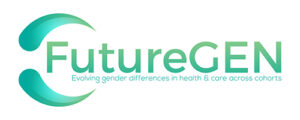
FUTUREGEN (Evolving gender differences in health & care across cohorts / Gender-ERA-Net, Austrian Science Fund, Swedish Research Council, Canadian Institutes of Health Research – 2019-2021) aims to understand how entwined GENder inequalities in health and care-giving/receiving evolve across GENerations in connection with cultural and social contexts and individual realities, and how identified sex/gender inequalities may evolve in the FUTURE. Current gender inequalities in health and care can be attributed to present-day circumstances and to how people live their lives. Both are changing, but we know little about how these changes are shaping health and care and therefore cannot predict or ameliorate future sex/gender inequalities. To answer these questions, the FUTUREGEN team will apply novel quantitative methods to comparable international datasets covering Europe and North America and obtain older people’s views through participatory qualitative research methods.

ENTWINE is a 4-year Marie Skłodowska-Curie Innovation Training Network (ITN), funded by the European Union and started as of September 2018, which aims to explore the drivers of carers’ willingness to care; interventions, services and technology-based interventions to empower carers; as well as novel technology-based solutions to support informal care. ENTWINE will train 15 Early-Stage Researchers (ESRs) as part of their PhD education.
THE EUROCARERS EXECUTIVE COMMITTEE
THE EUROCARERS SECRETARIAT
HOW WE ARE FUNDED
Income 2020
| EaSI Programme | 52% | 244.874 |
| Action grants | 32% | 148.638 |
| Membership fees | 12% | 54.625 |
| Sponsorship | 4% | 16.883 |
| Other | 1% | 5.500 |
| Total income | 470.520 |
Expenses 2020
| Staff | 75% | 353.617 |
| Travel, communication and avocacy activities | 15% | 71.658 |
| Admin costs | 9% | 40.335 |
| Other | 1% | 4.909 |
| Total expenses | 470.520 |
SUPPORTING EUROCARERS
As a member
You can participate in policy-influencing activities on behalf of carers:
- by advocating their needs in the development of European policies, programmes and funding arrangements in areas that truly matter to carers;
- by formulating evidence-based input in policy development to influence European policy debates;
- by participating in EU-funded research projects, which help to shape carers-friendly policies.
You will have access to Information and capacity building:
- Through the Eurocarers network, members exchange information and experience and engage in initiatives of mutual interest;
- Eurocarers provides regular information on relevant developments and helps its members to be better informed, through its capacity-building events, newsletter, website and helpdesk services;
- Eurocarers provides opportunities for networking across boundaries.
You can help to strengthen the voice of carers at national and European level
Carers and their issues are rising up the European policy agenda, due to continuous representation, actively supported by the European Parliament’s Interest Group on carers. While progress has been made, recognition of carers’ issues needs to be both increased and consolidated and your organisation is needed to amplify the voice of carers!
As a partner
Eurocarers recognise that there are common interests between Eurocarers and some companies, to address the needs of carers and cared for persons and safeguard their interests in receiving good quality products and services. Ethics are first and foremost about respecting all members and continually building on trustworthiness. Eurocarers has therefore developed ethical guidelines to govern our relationships with the private sector and ensure the best interests of our members. The basis of sound and equal partnership is recognition of mutual rights and responsibilities. Eurocarers will always protect and safeguard its independence and reputation.
Interested parties can join the Eurocarers network of external partners against a fixed donation which varies according to the type of stakeholder and partnership category they decide to join. Alternatively, partners can also propose a specific issue or initiative around goods, services and environments of relevance to informal carers and on which they would like to work with Eurocarers.
If you want to receive more information about these partnership options, please do not hesitate to contact our Finance and Administration Officer, Ms. Jevgenija Nekrilova, in our Brussels secretariat at jn@eurocarers.org.
OUR MEMBERS




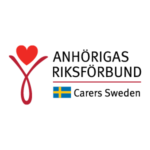



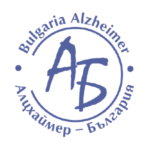

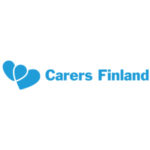


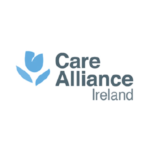


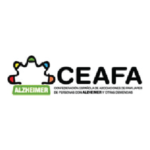


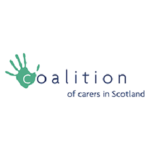





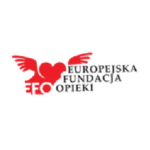
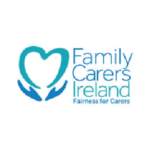



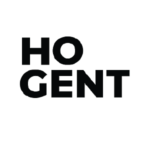
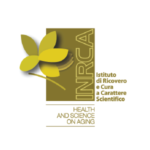

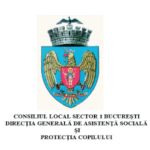




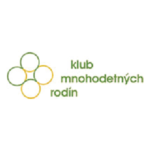
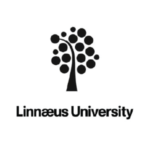

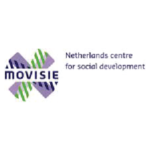

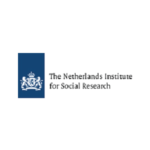





















Last Updated on June 3, 2021



